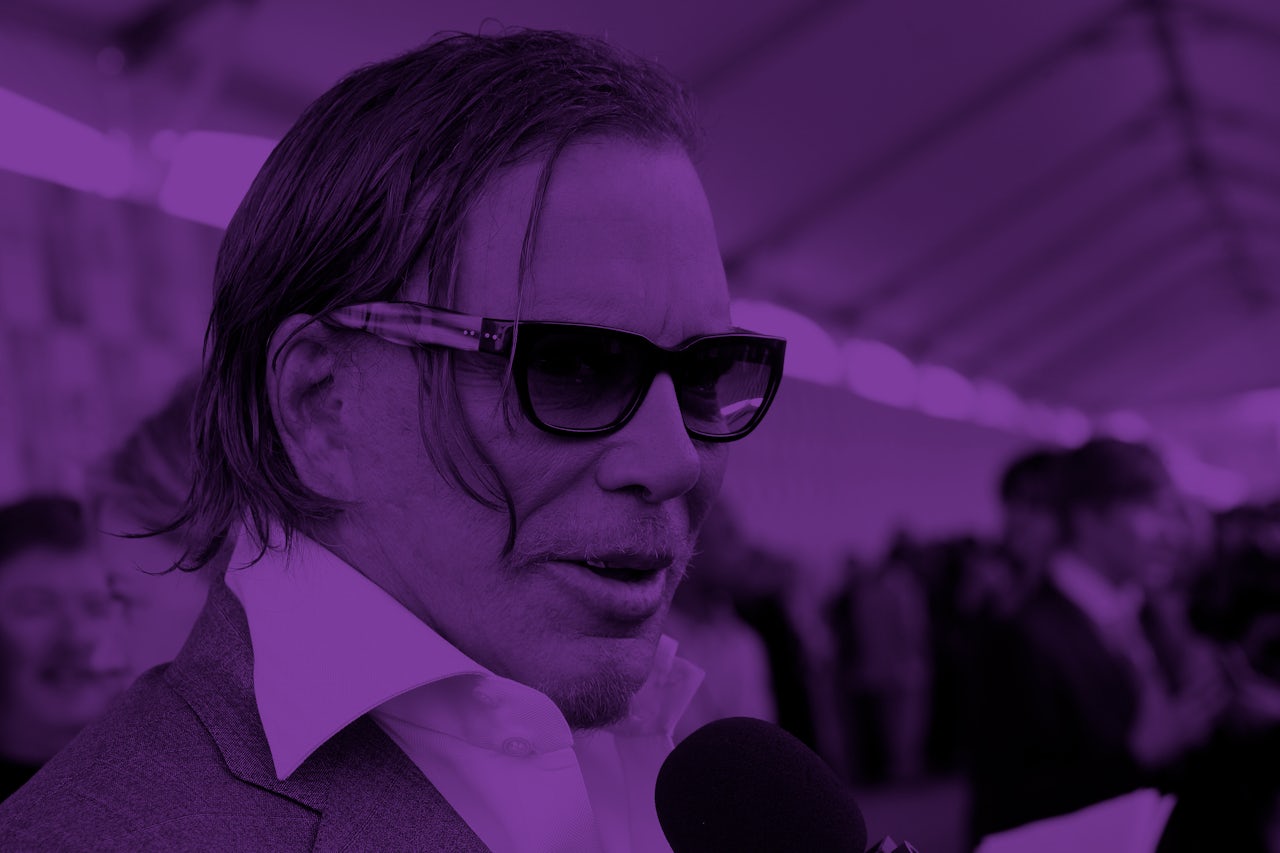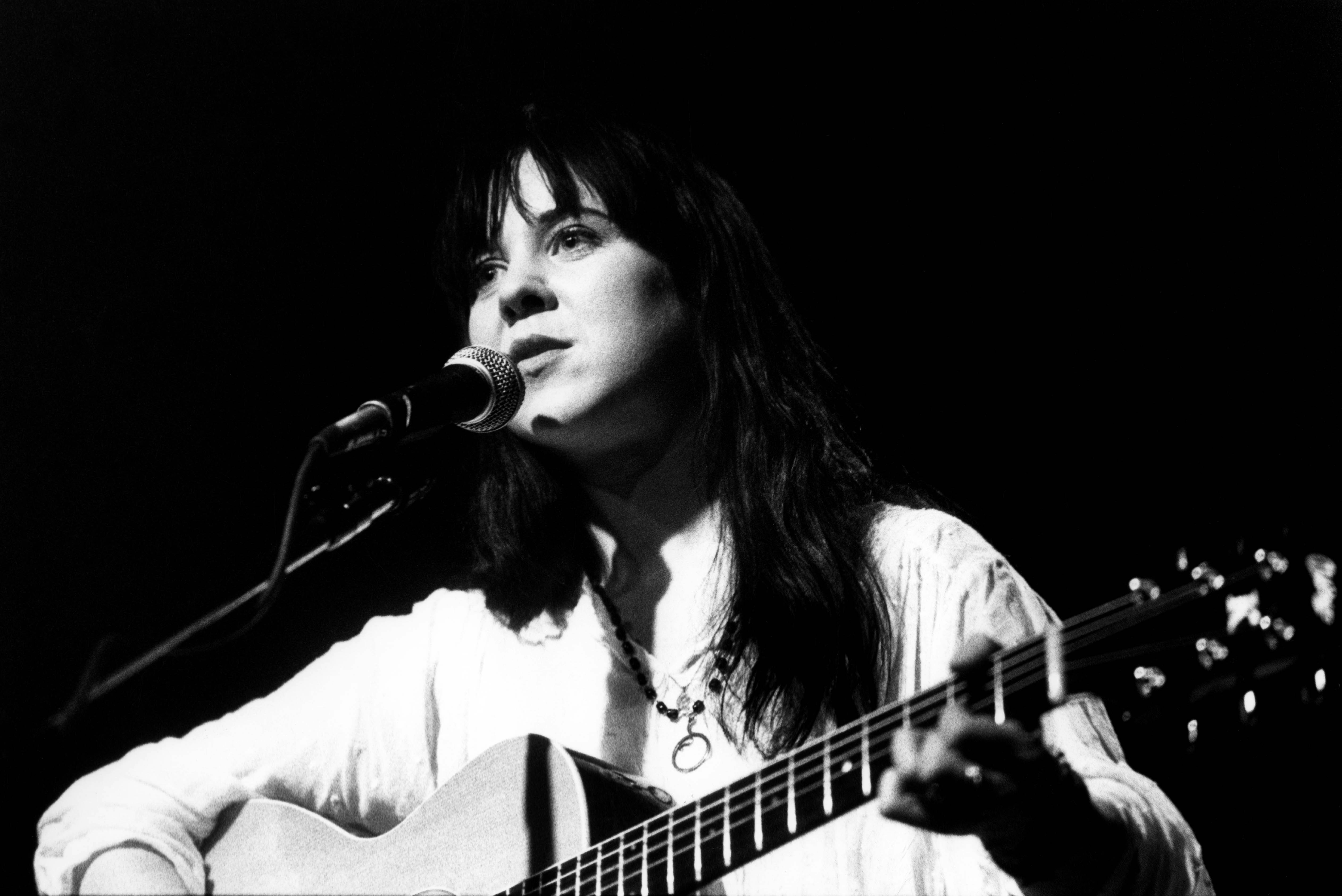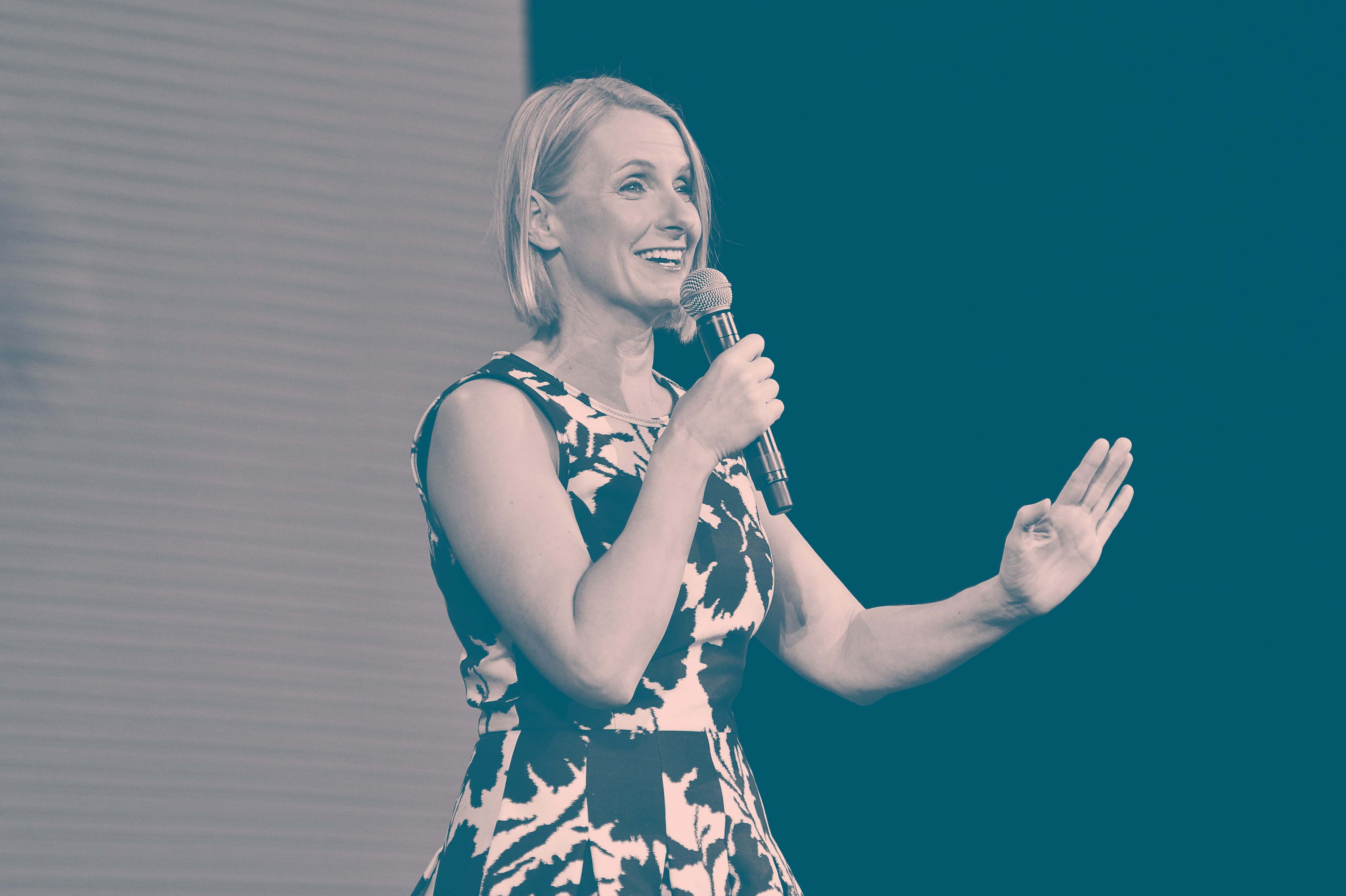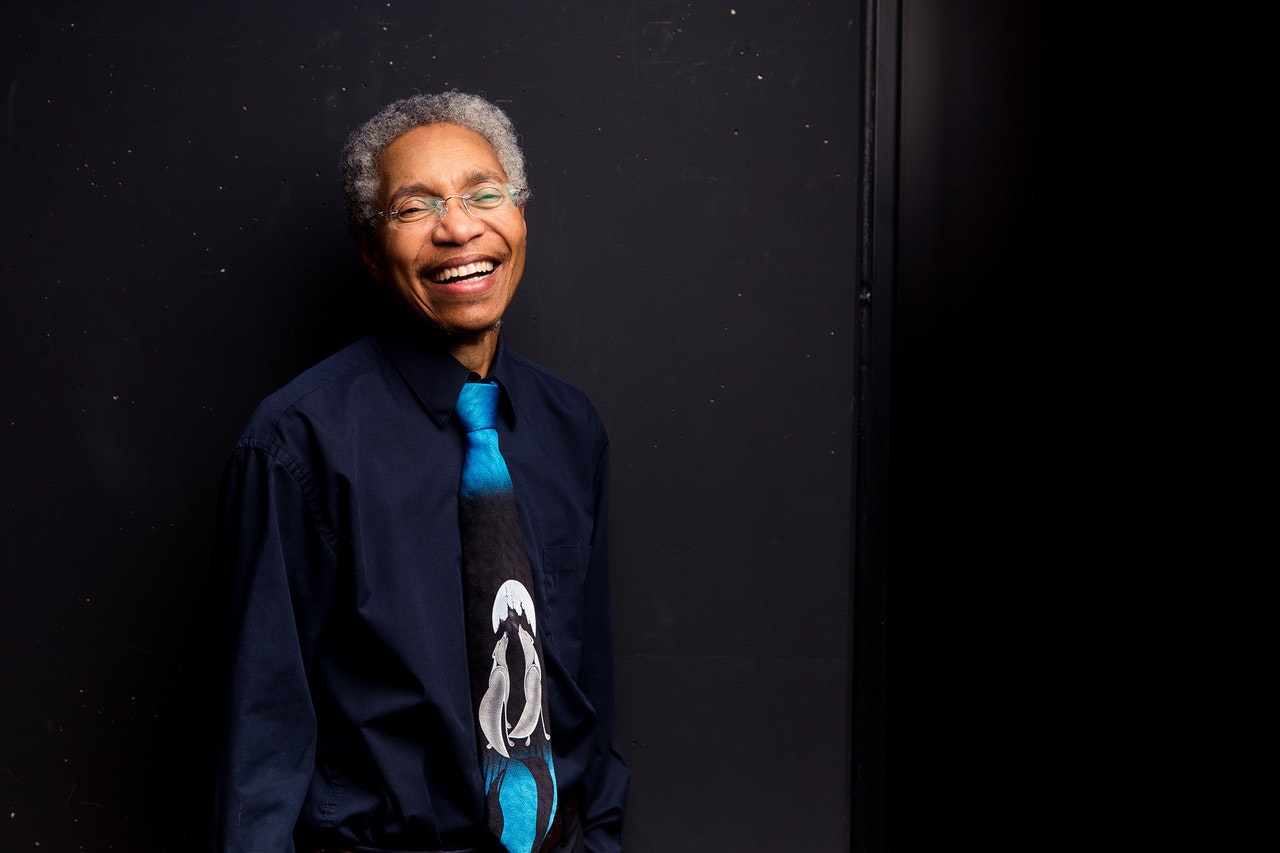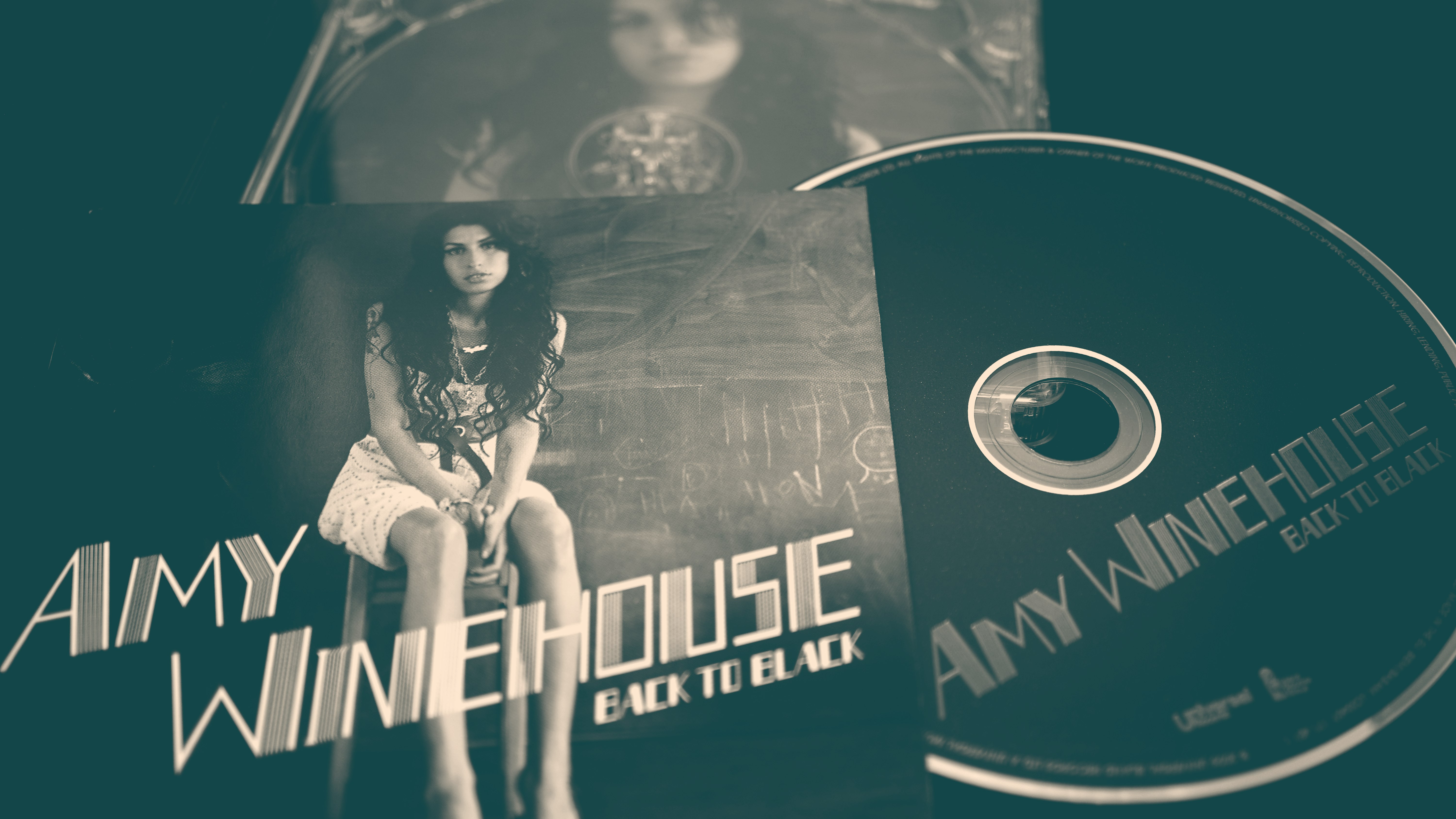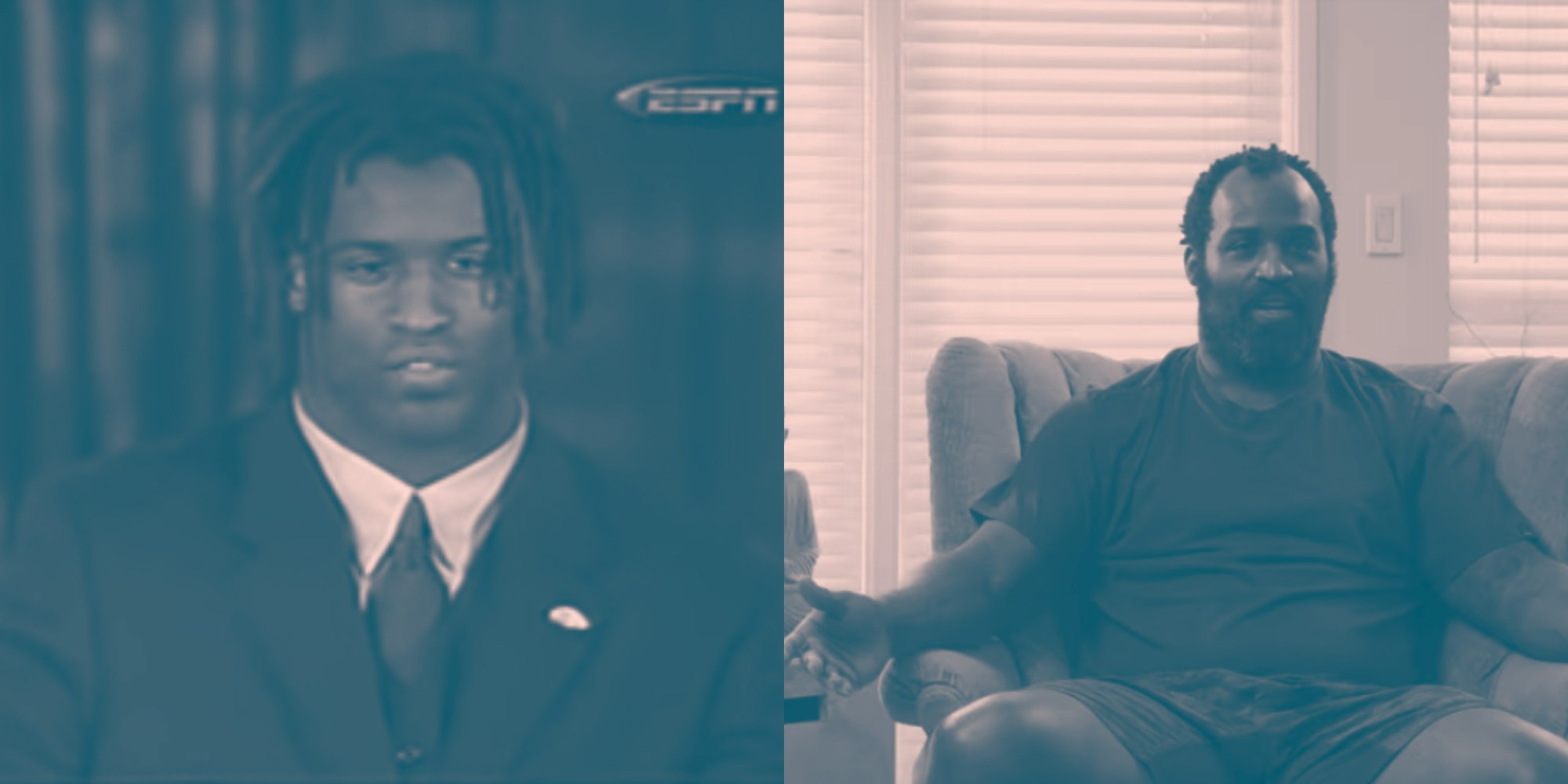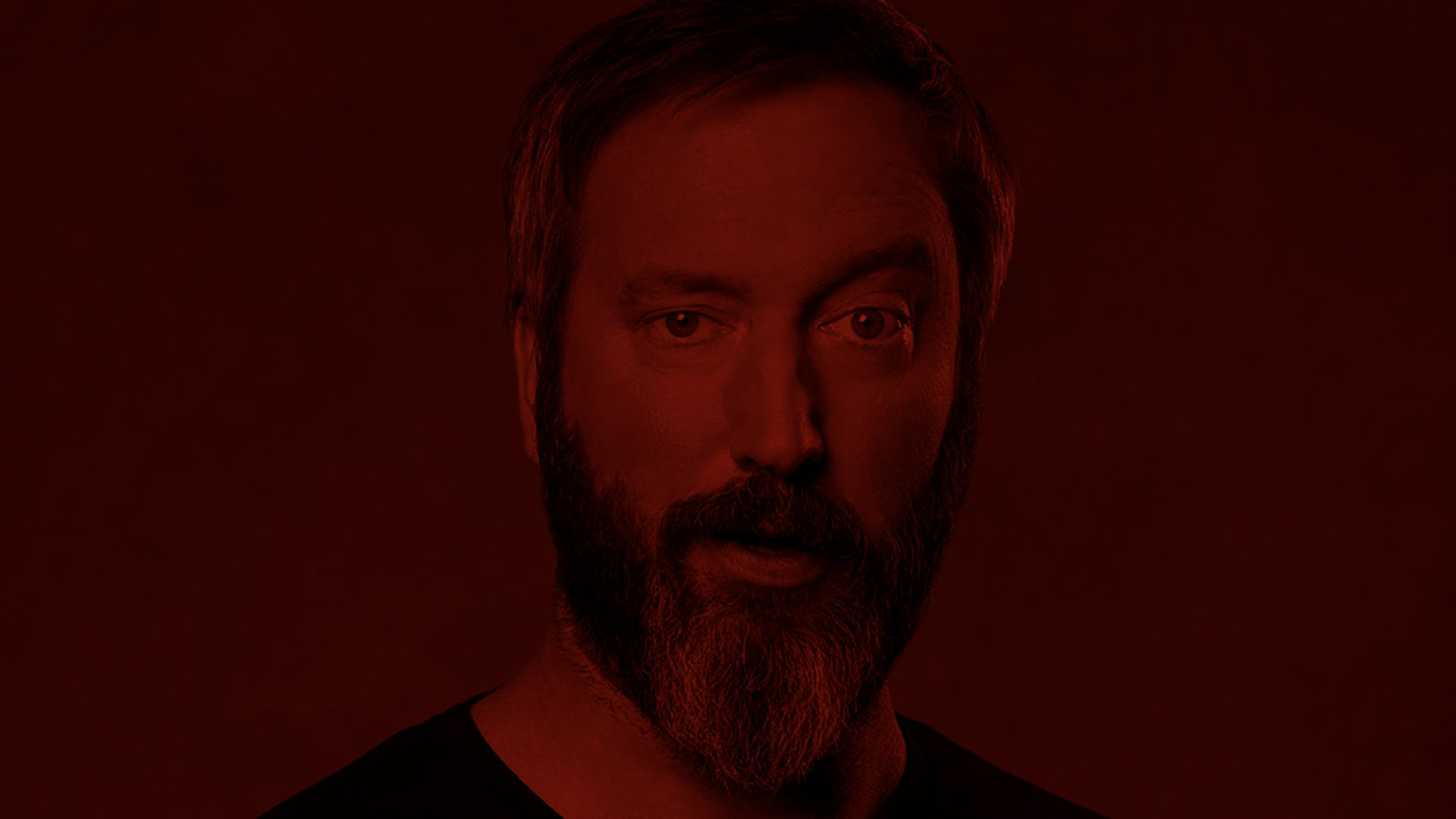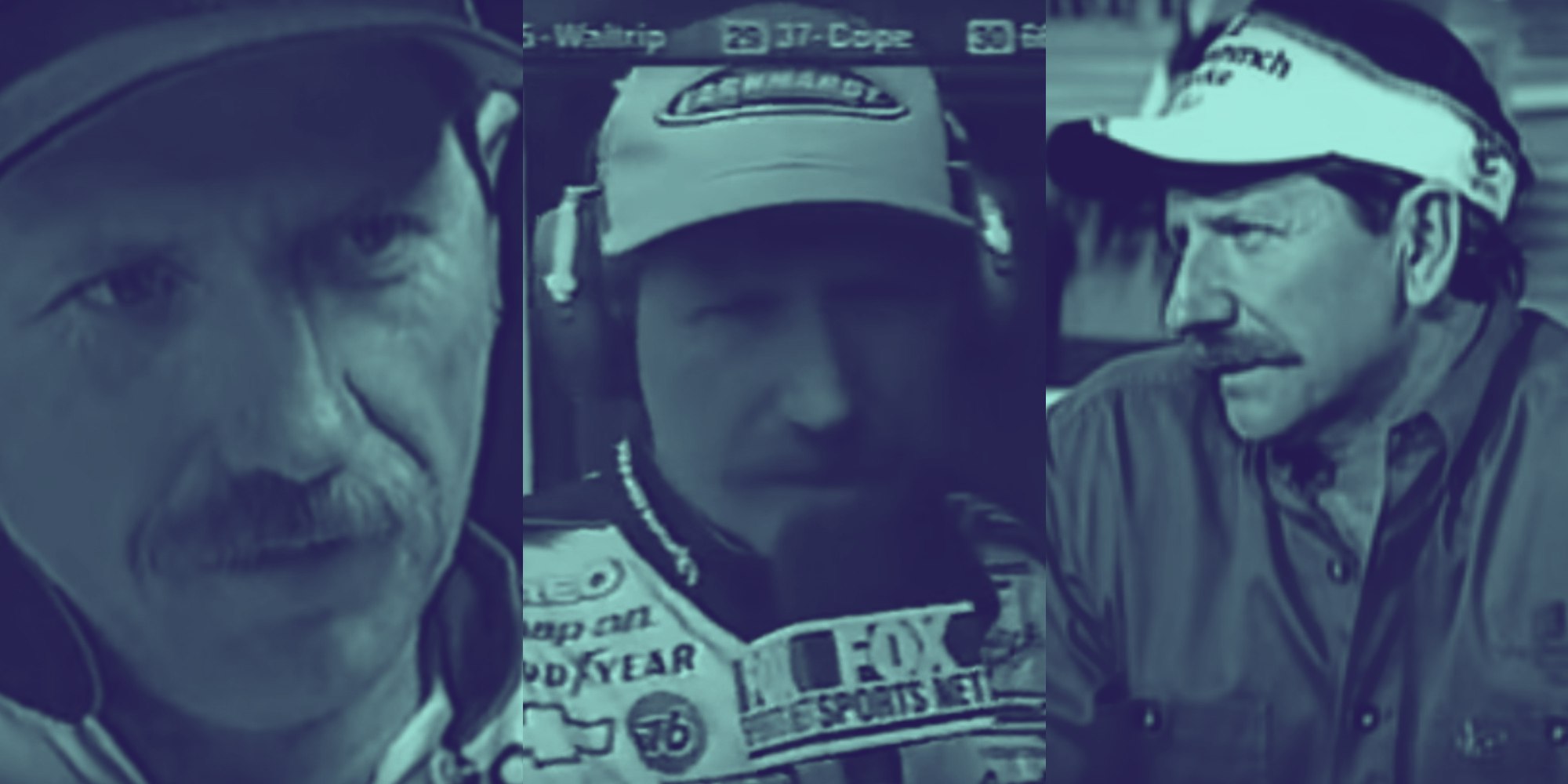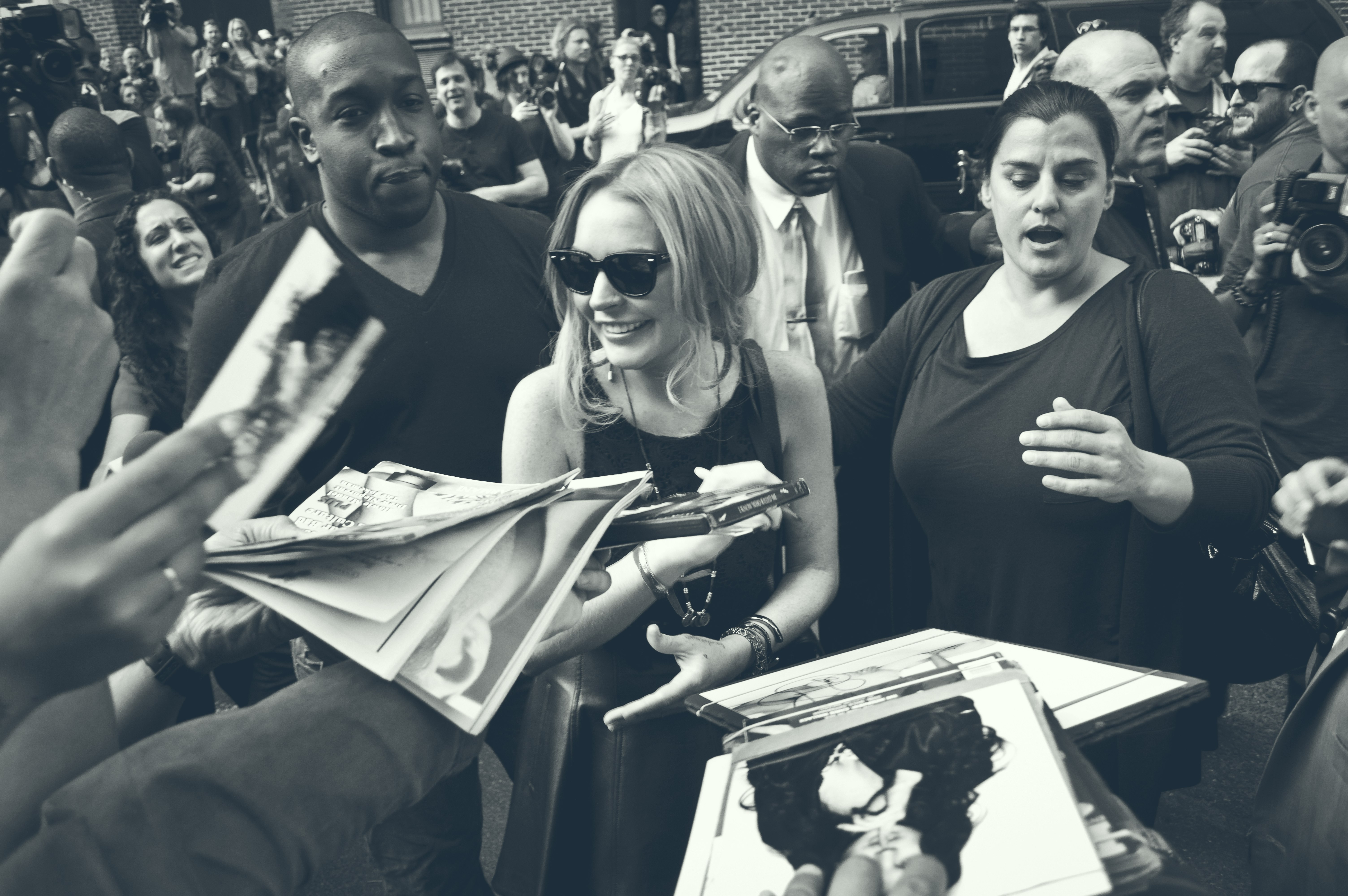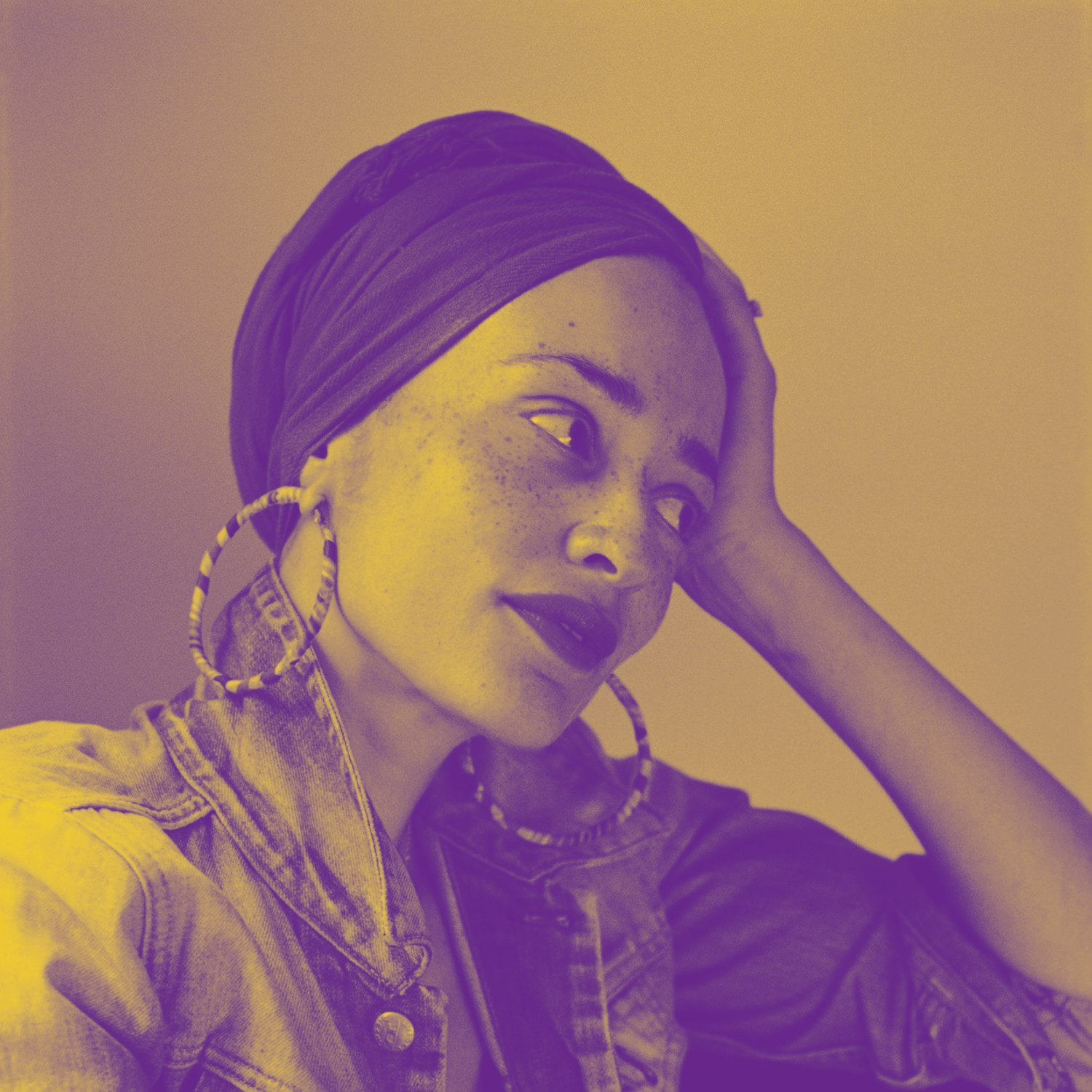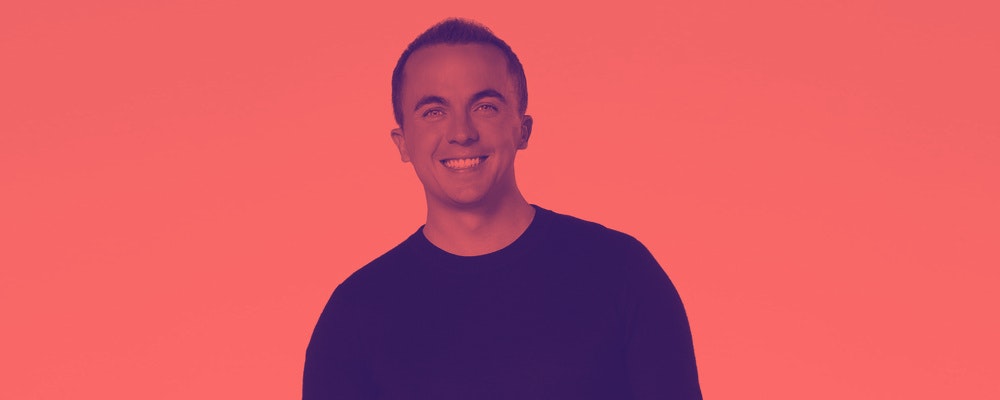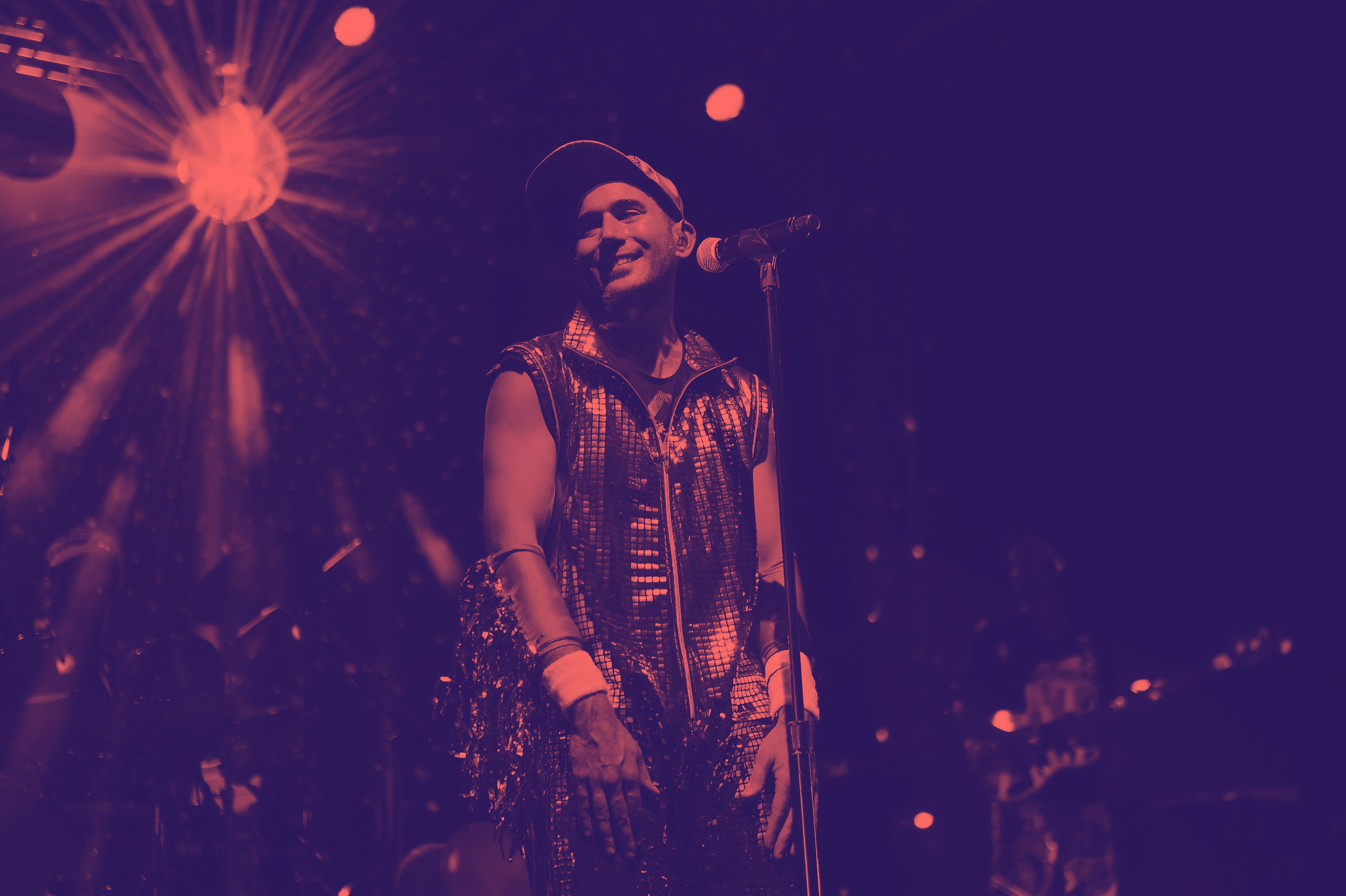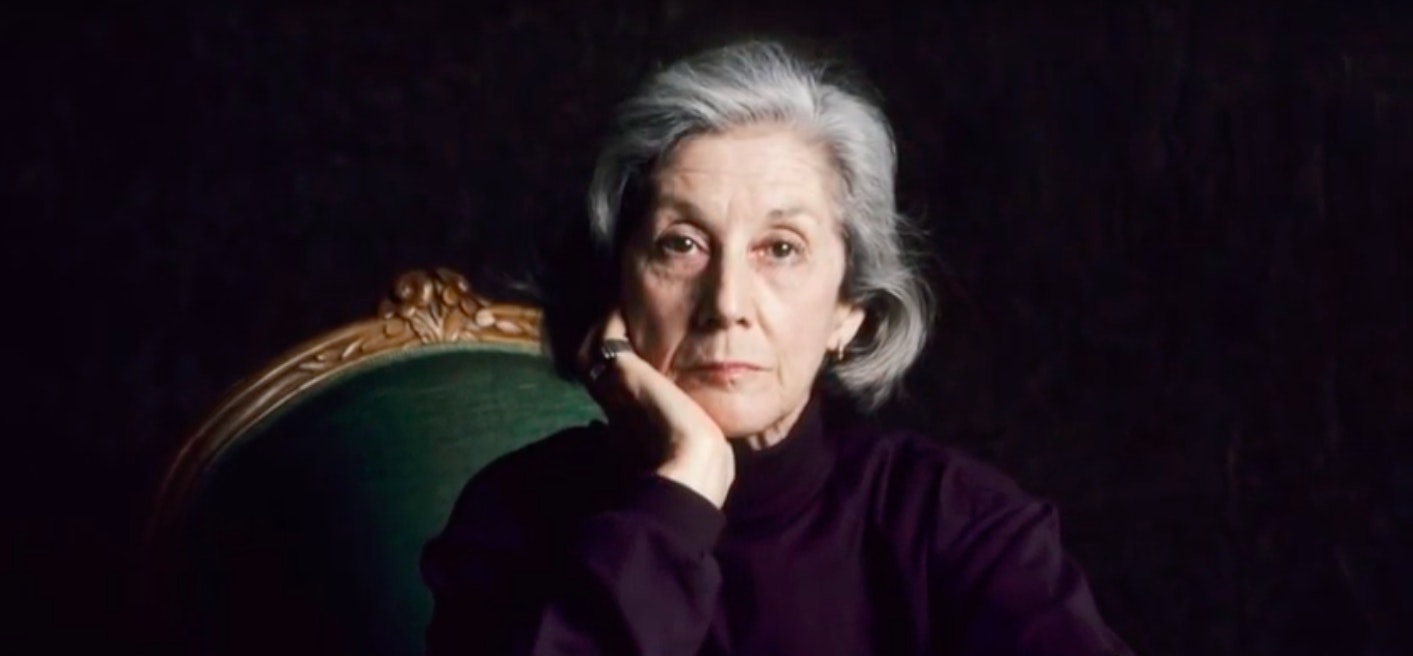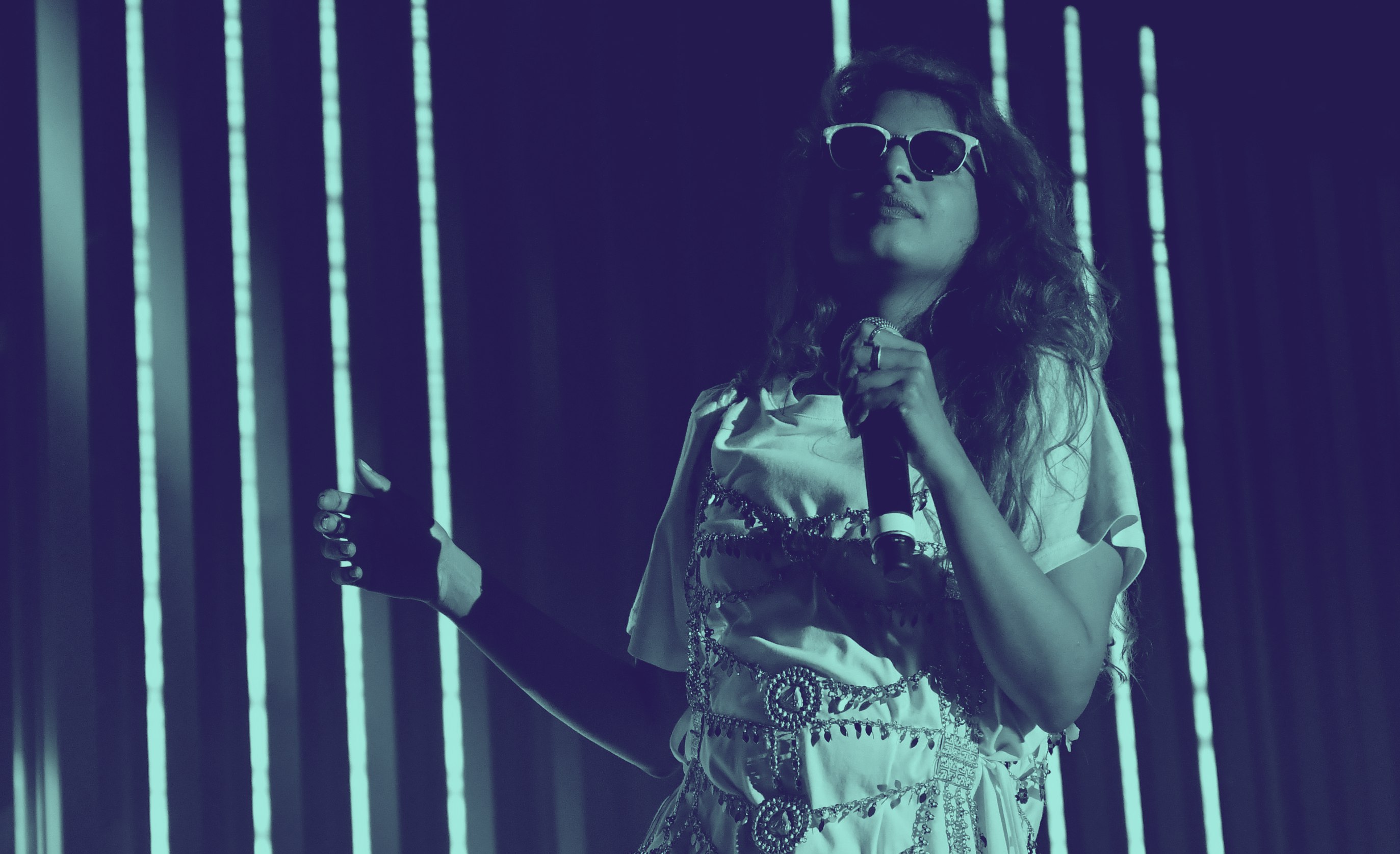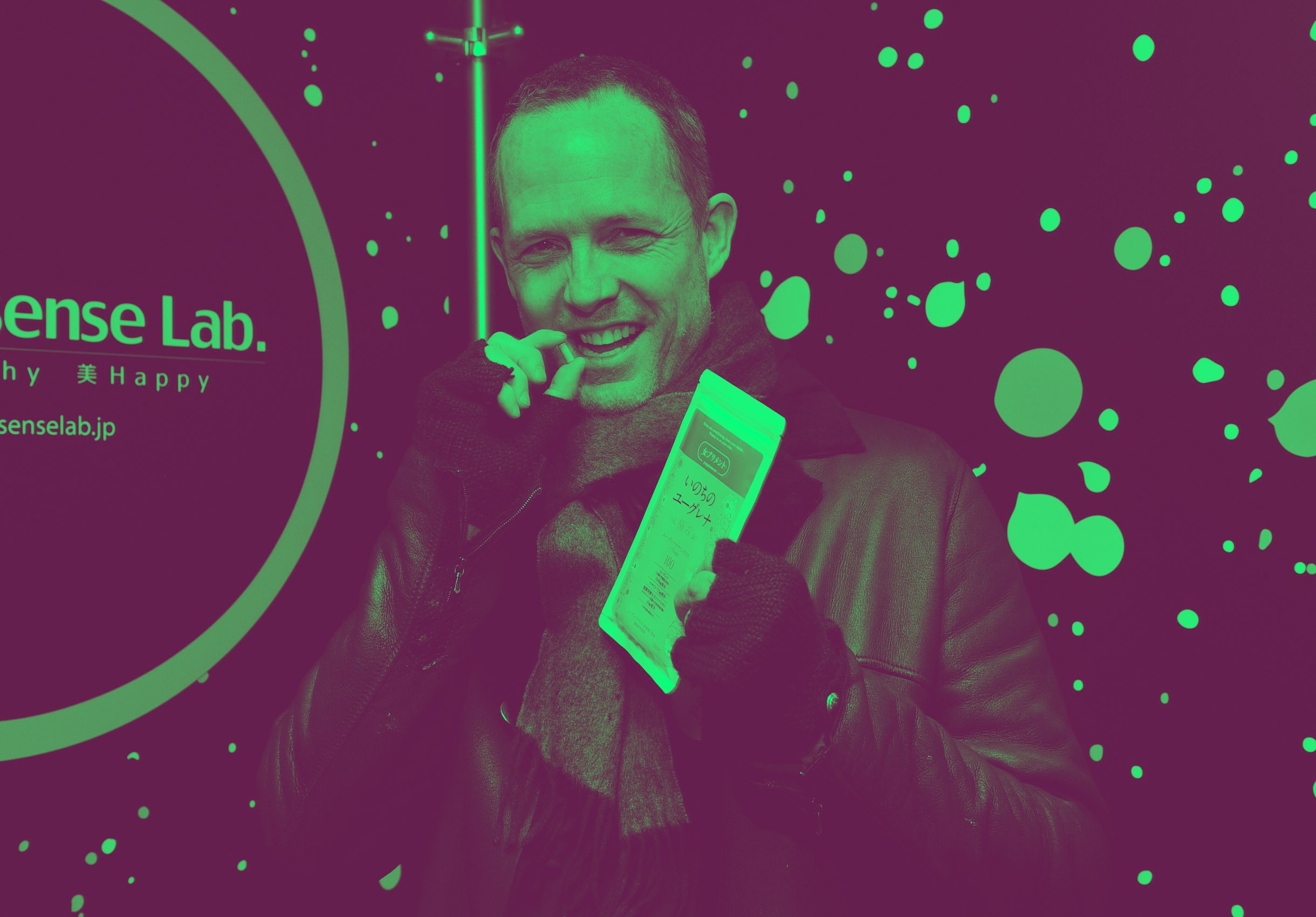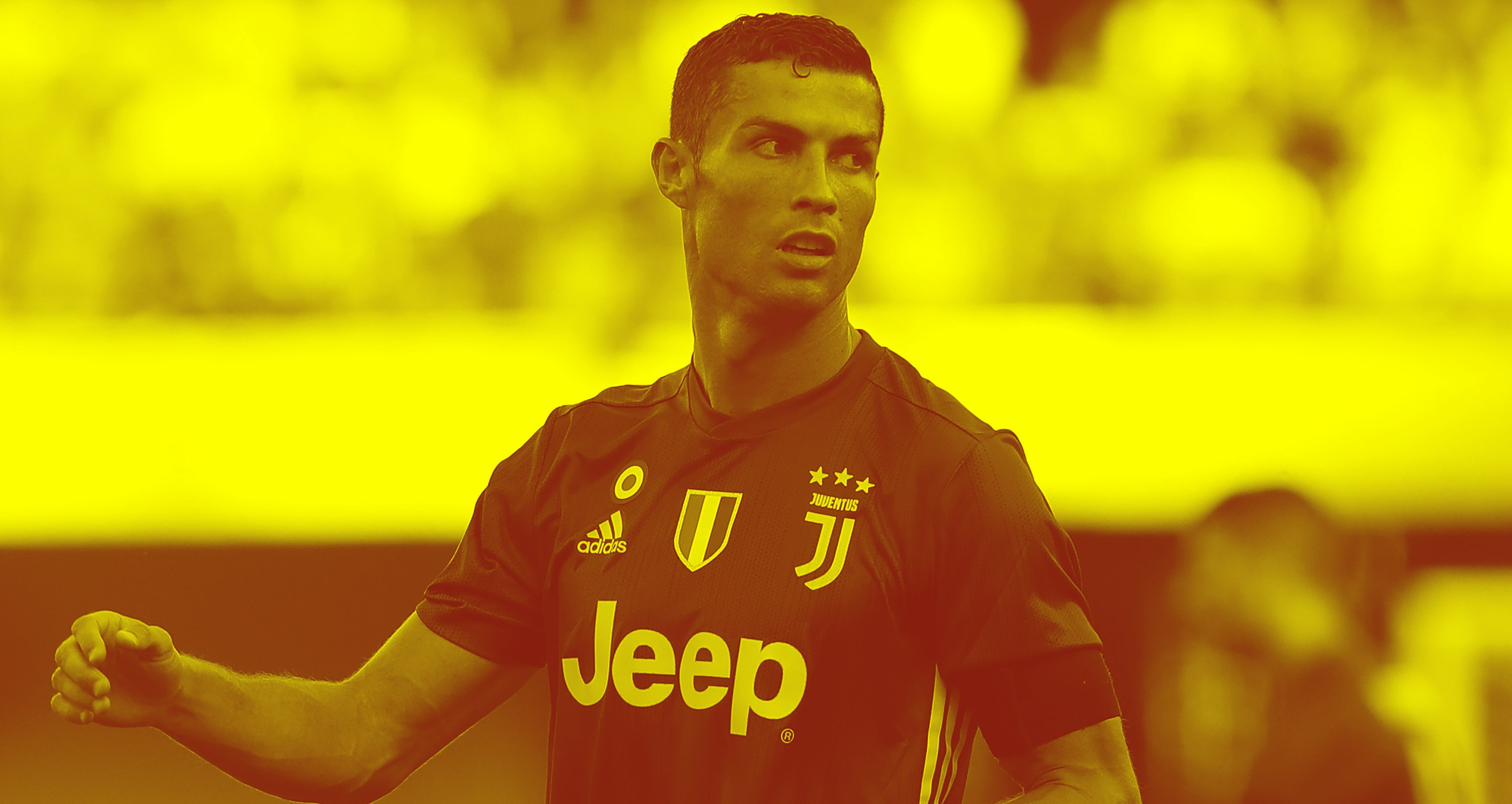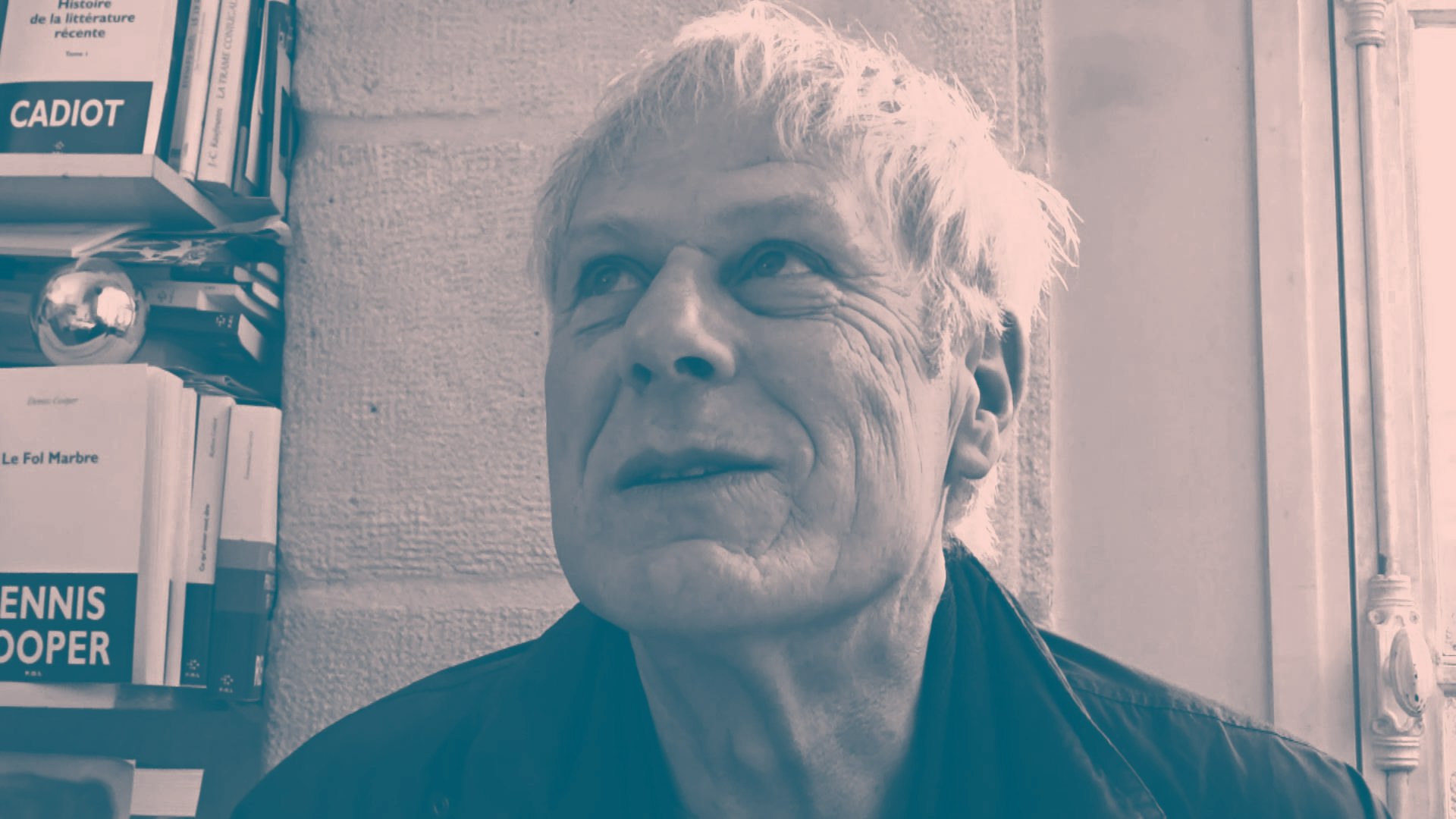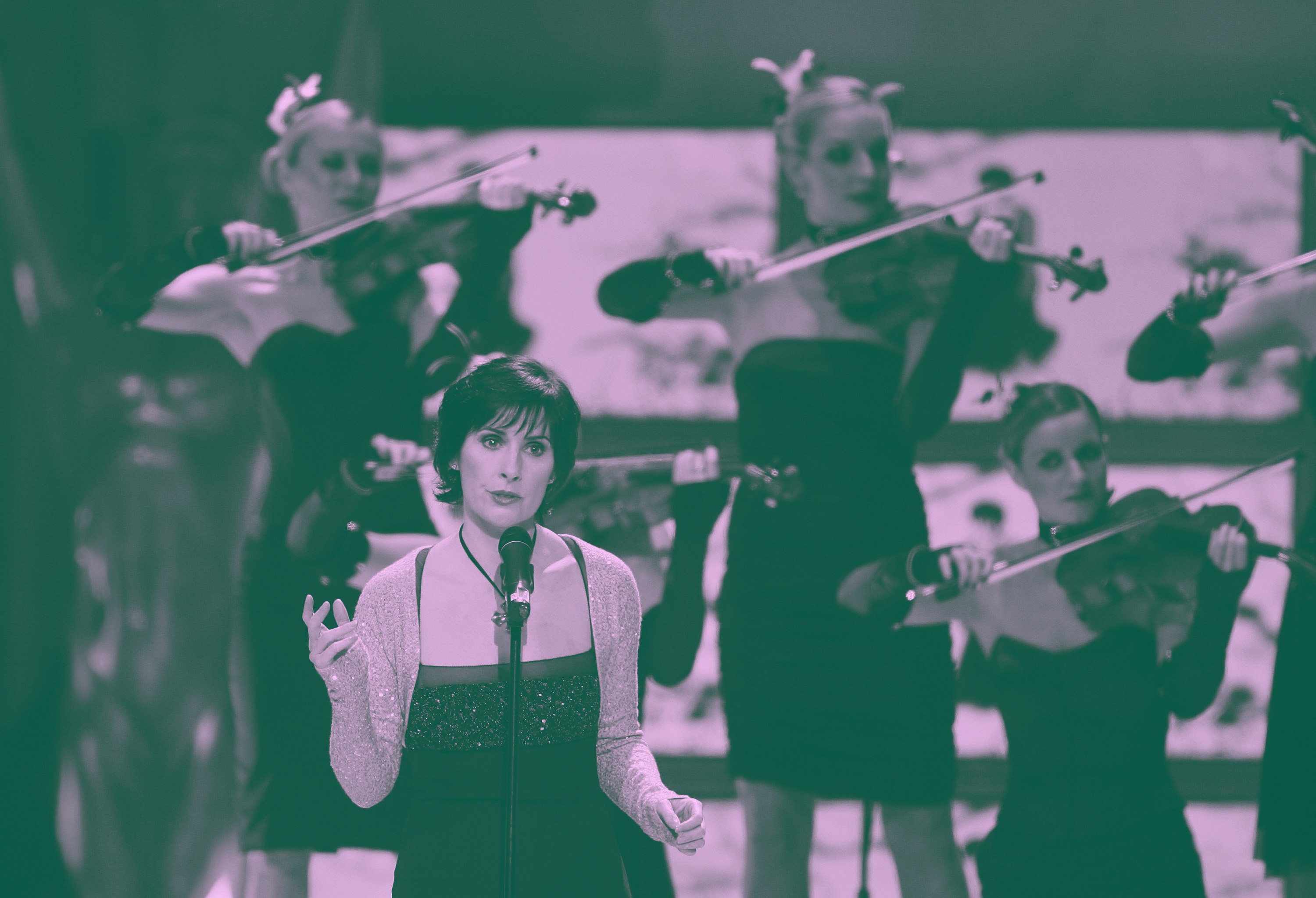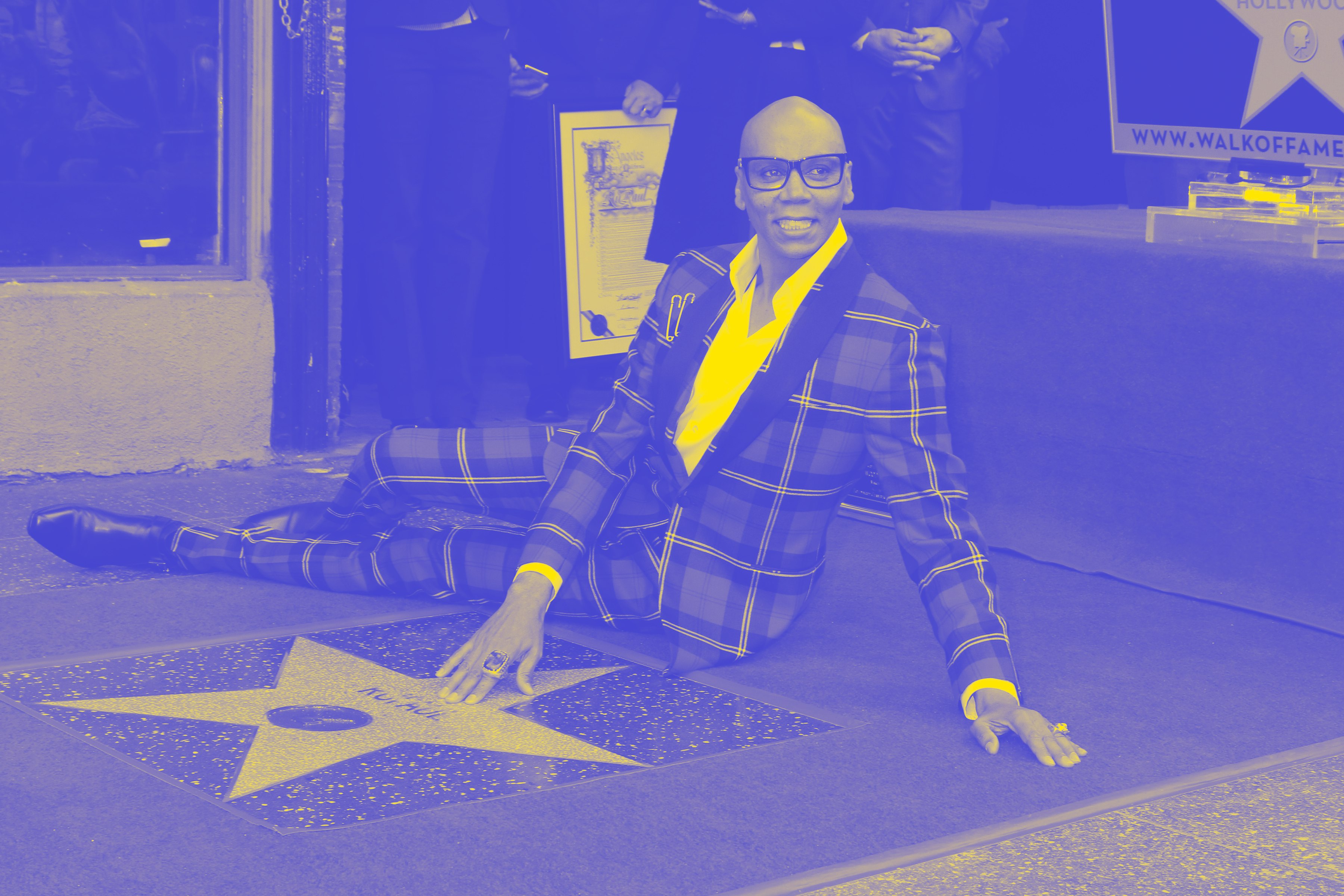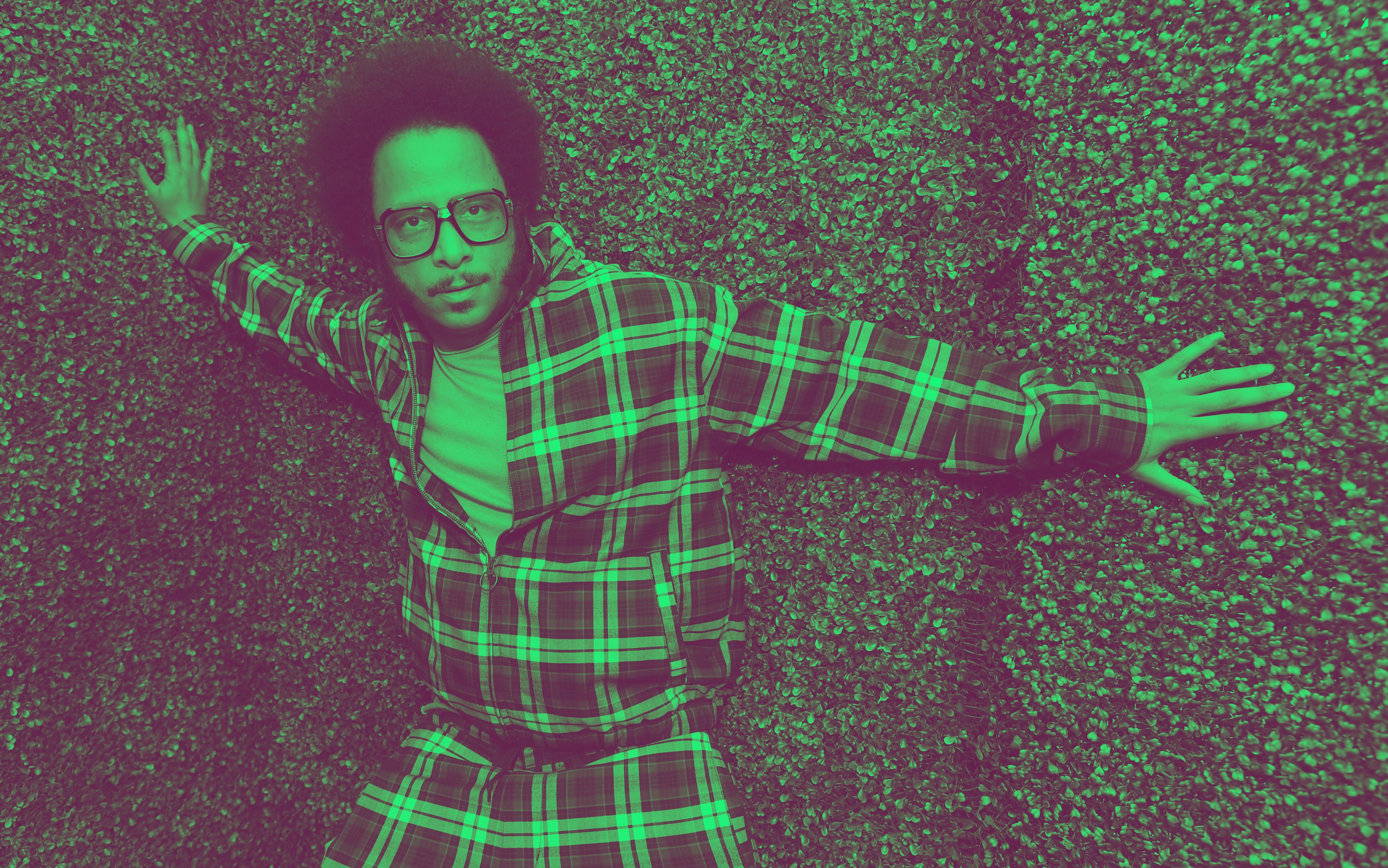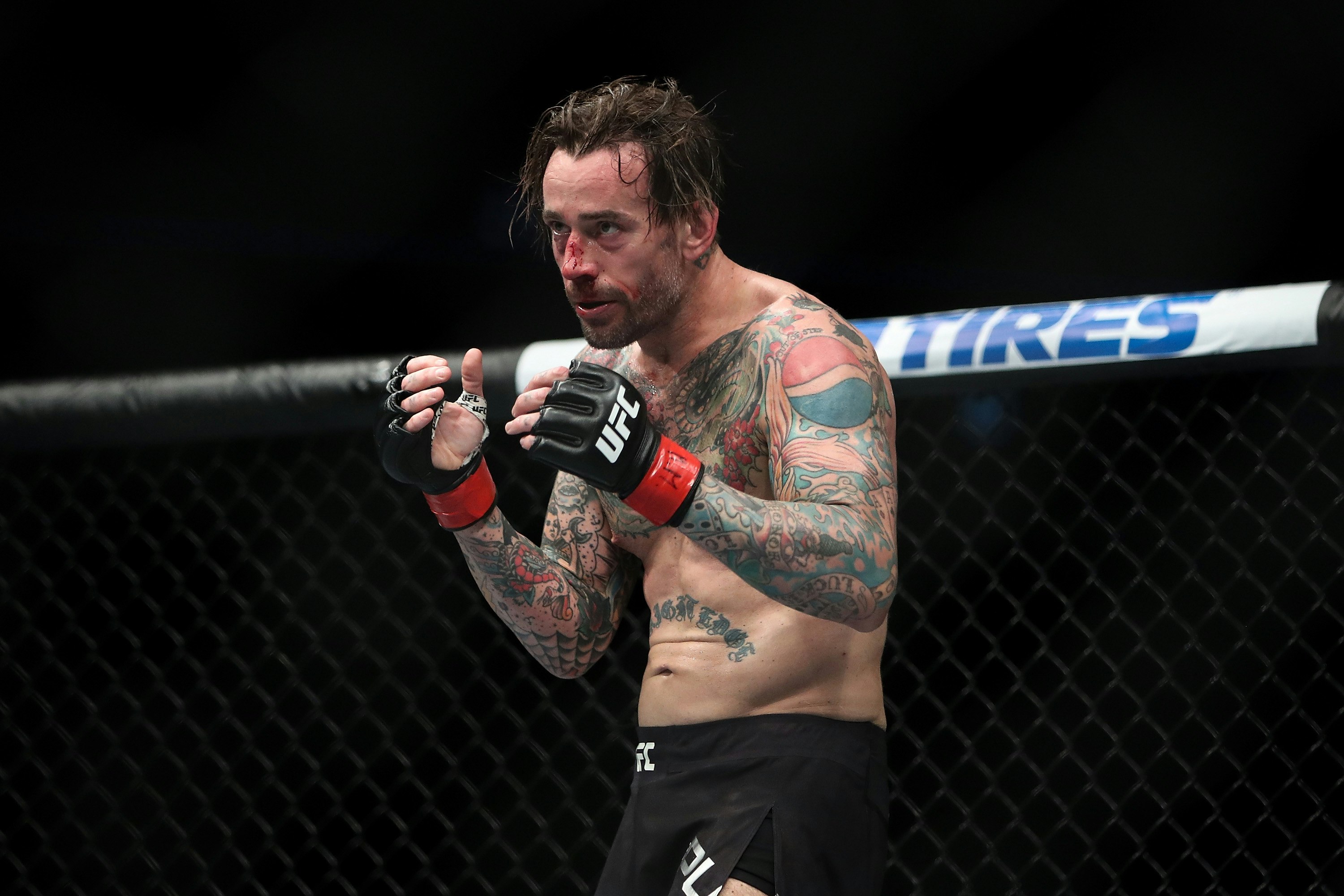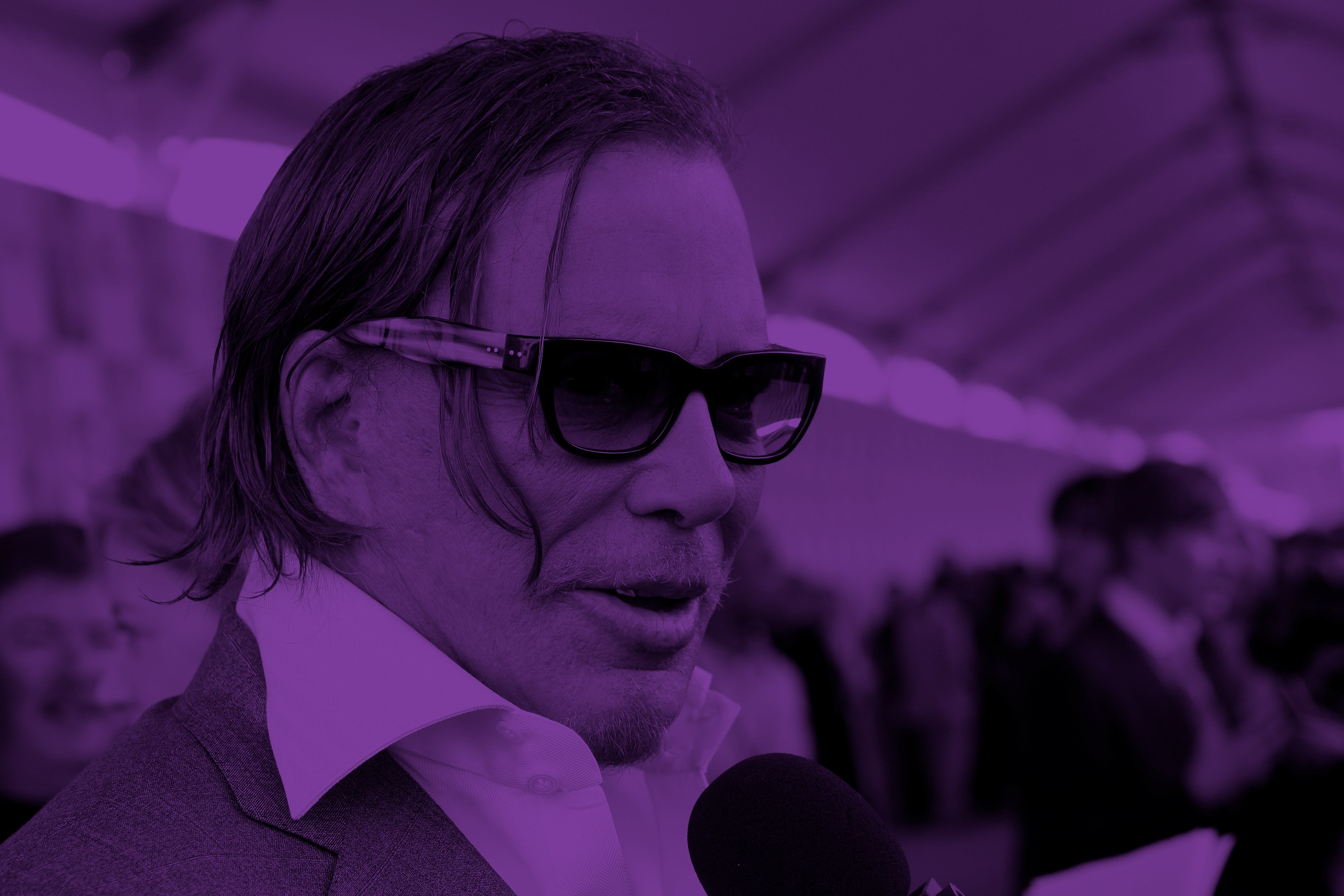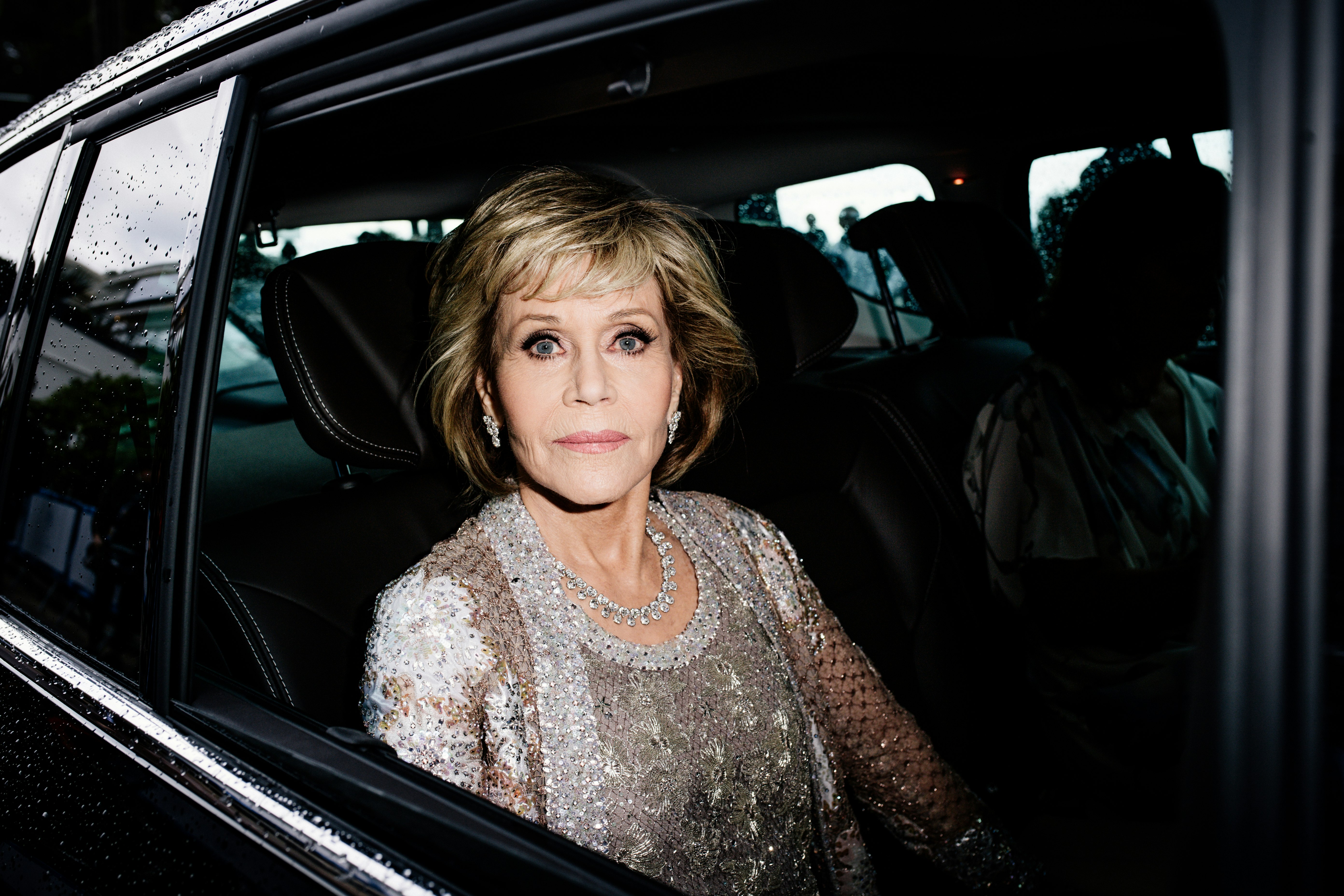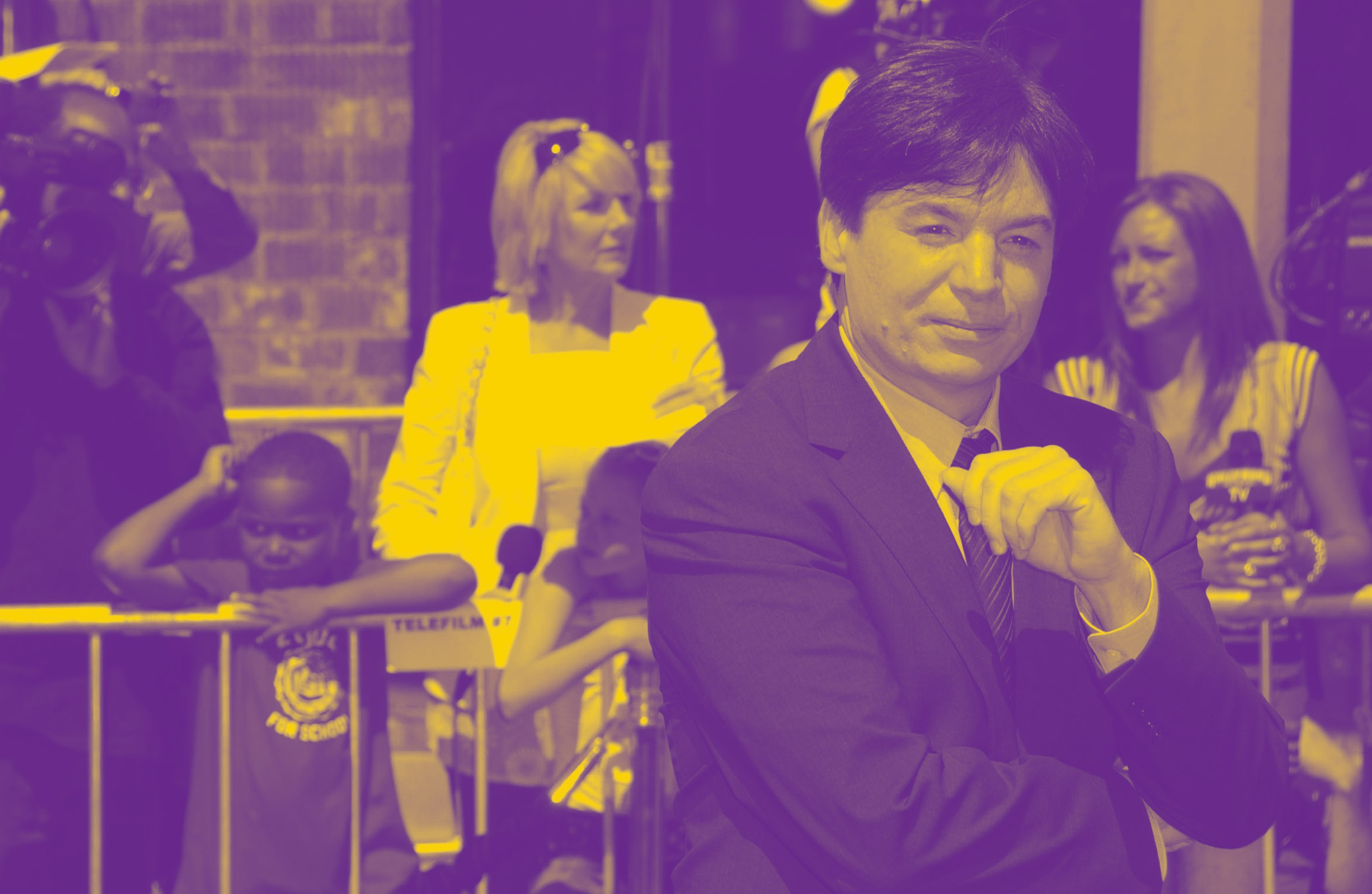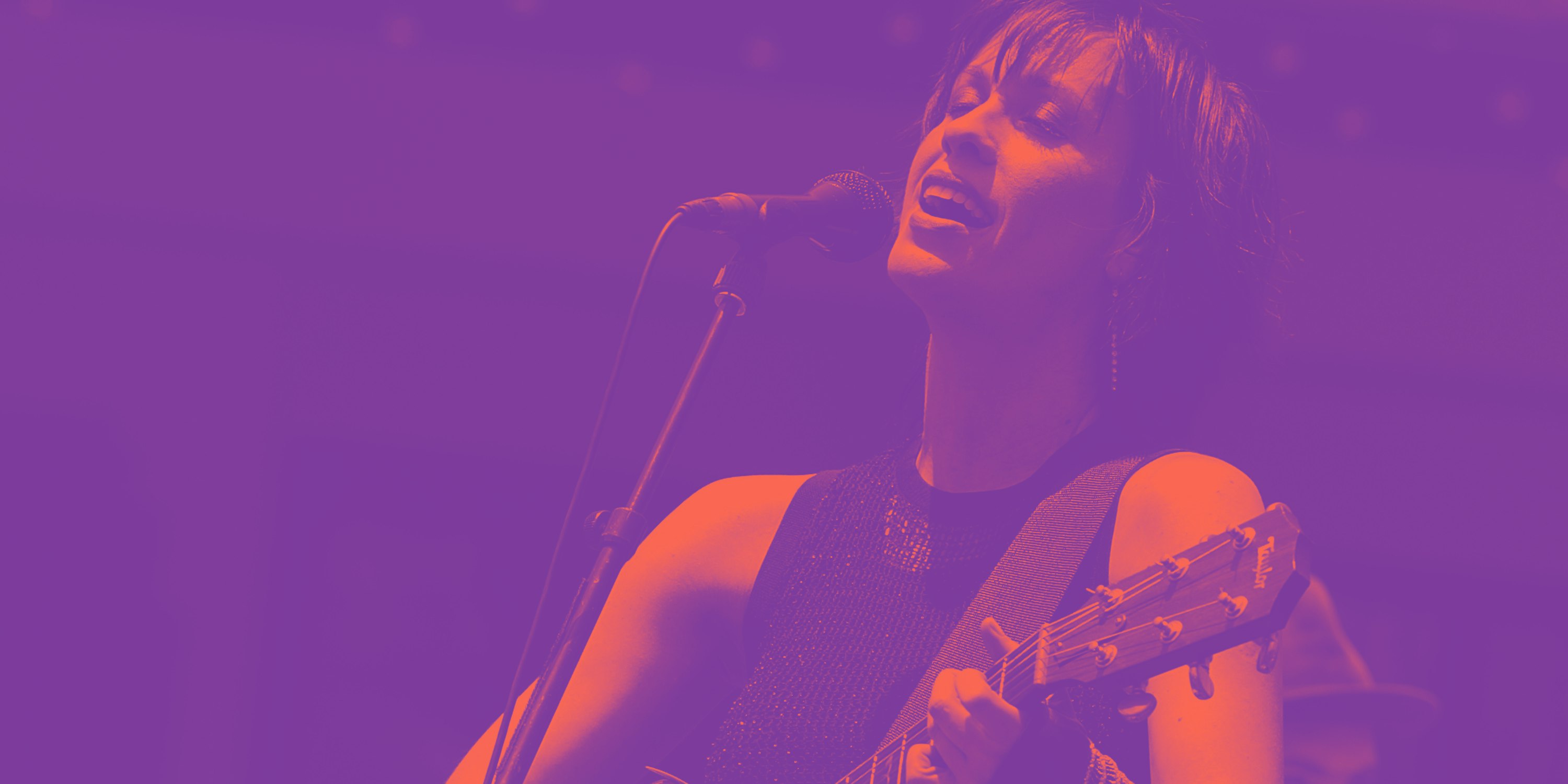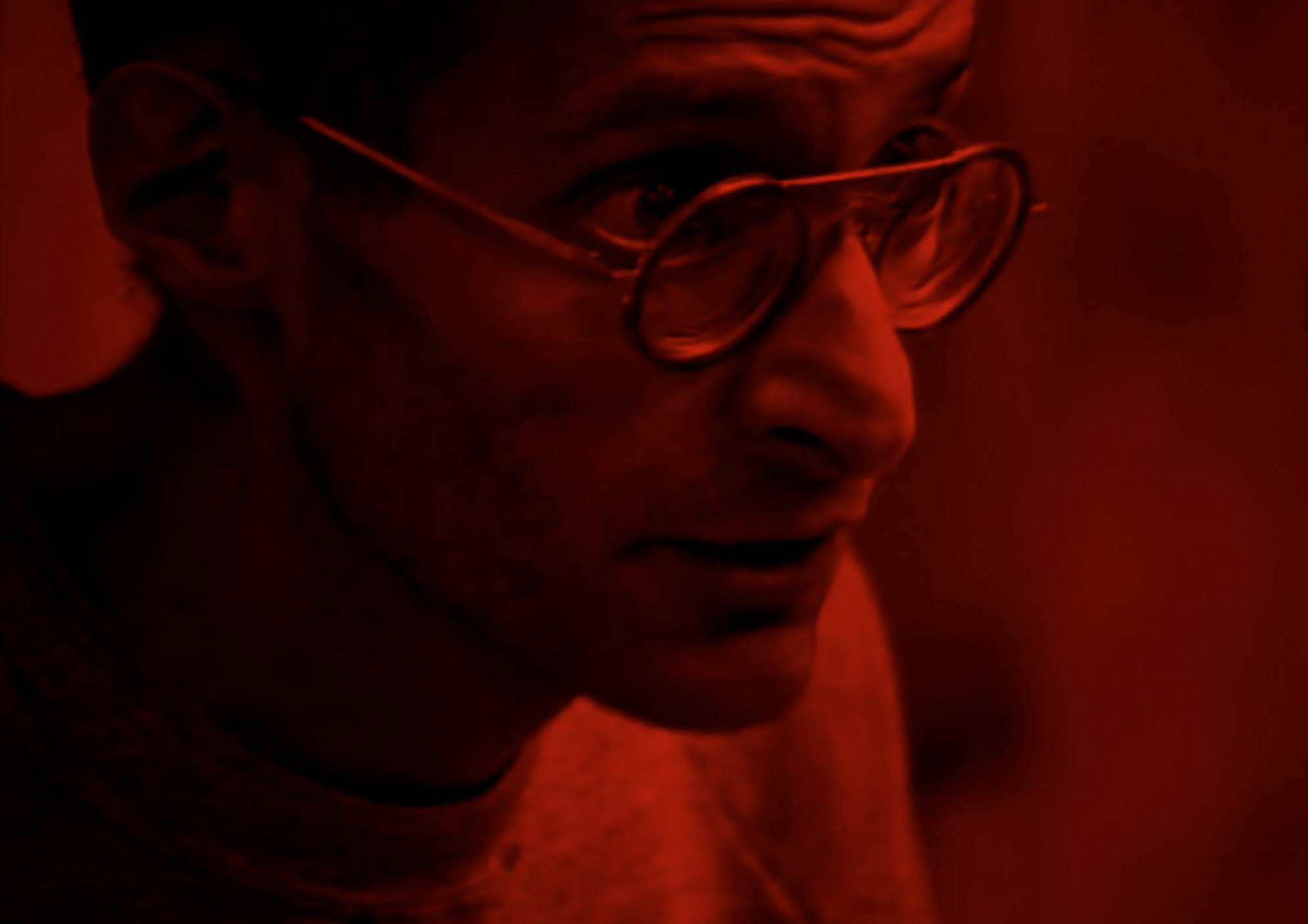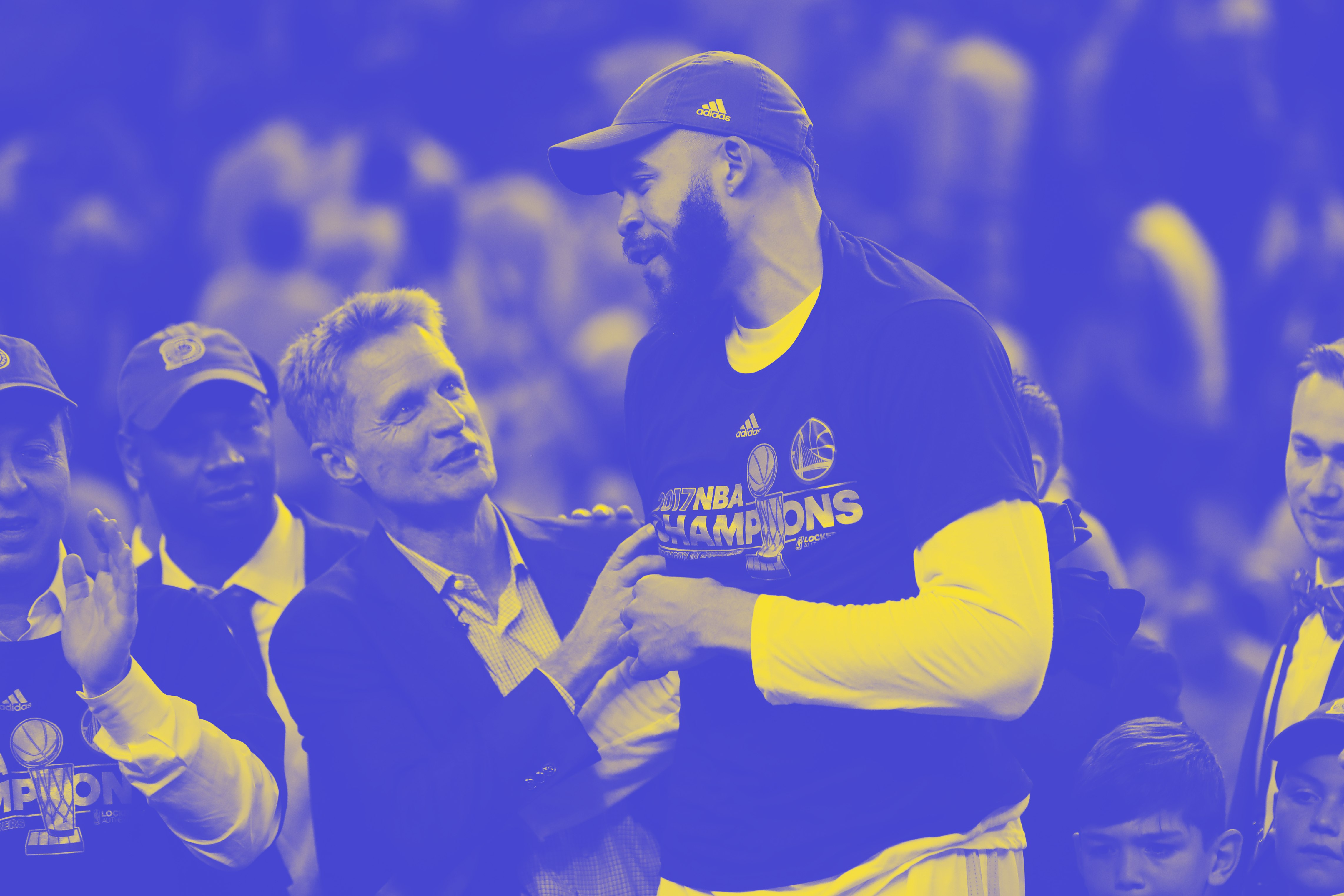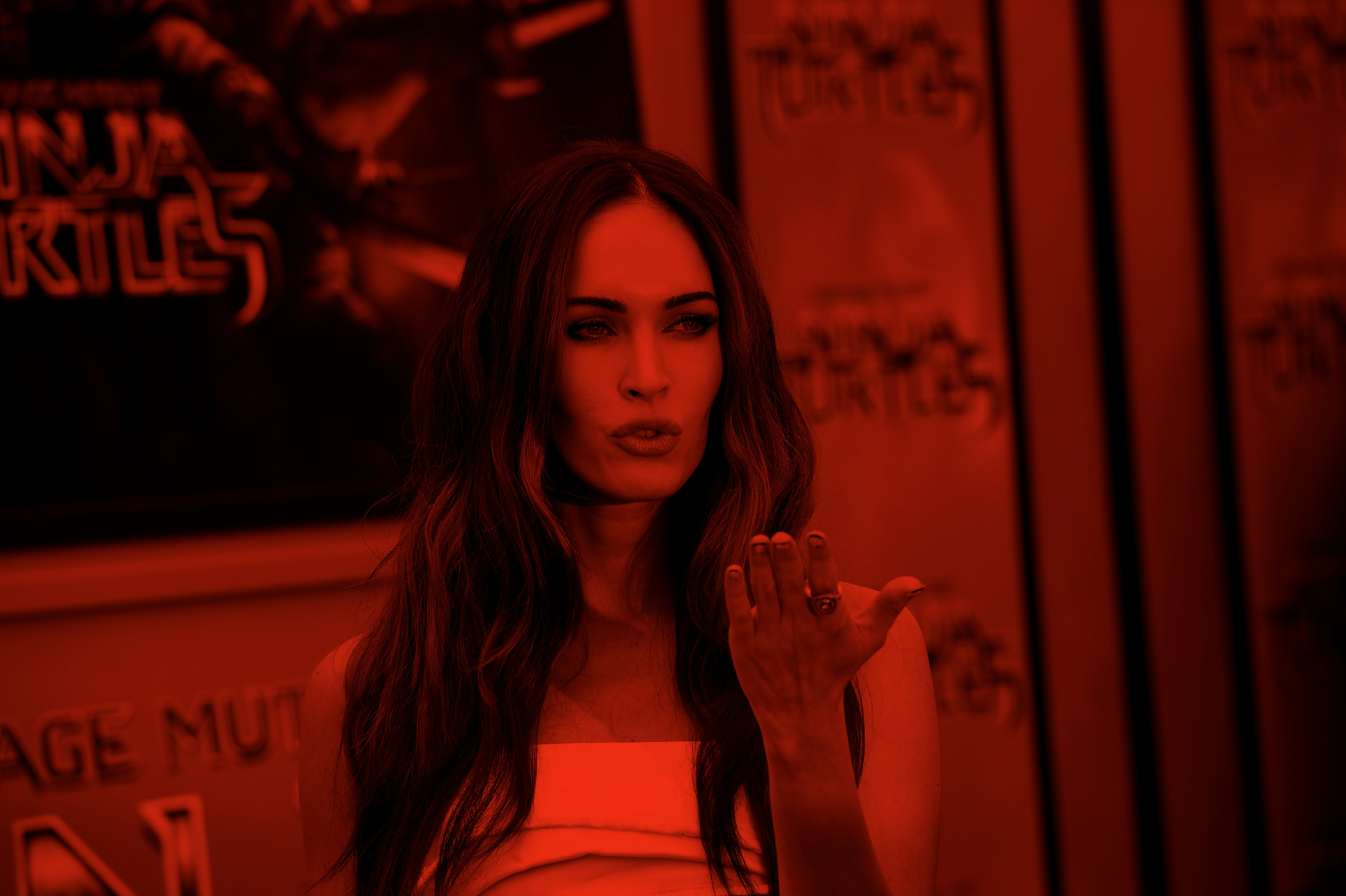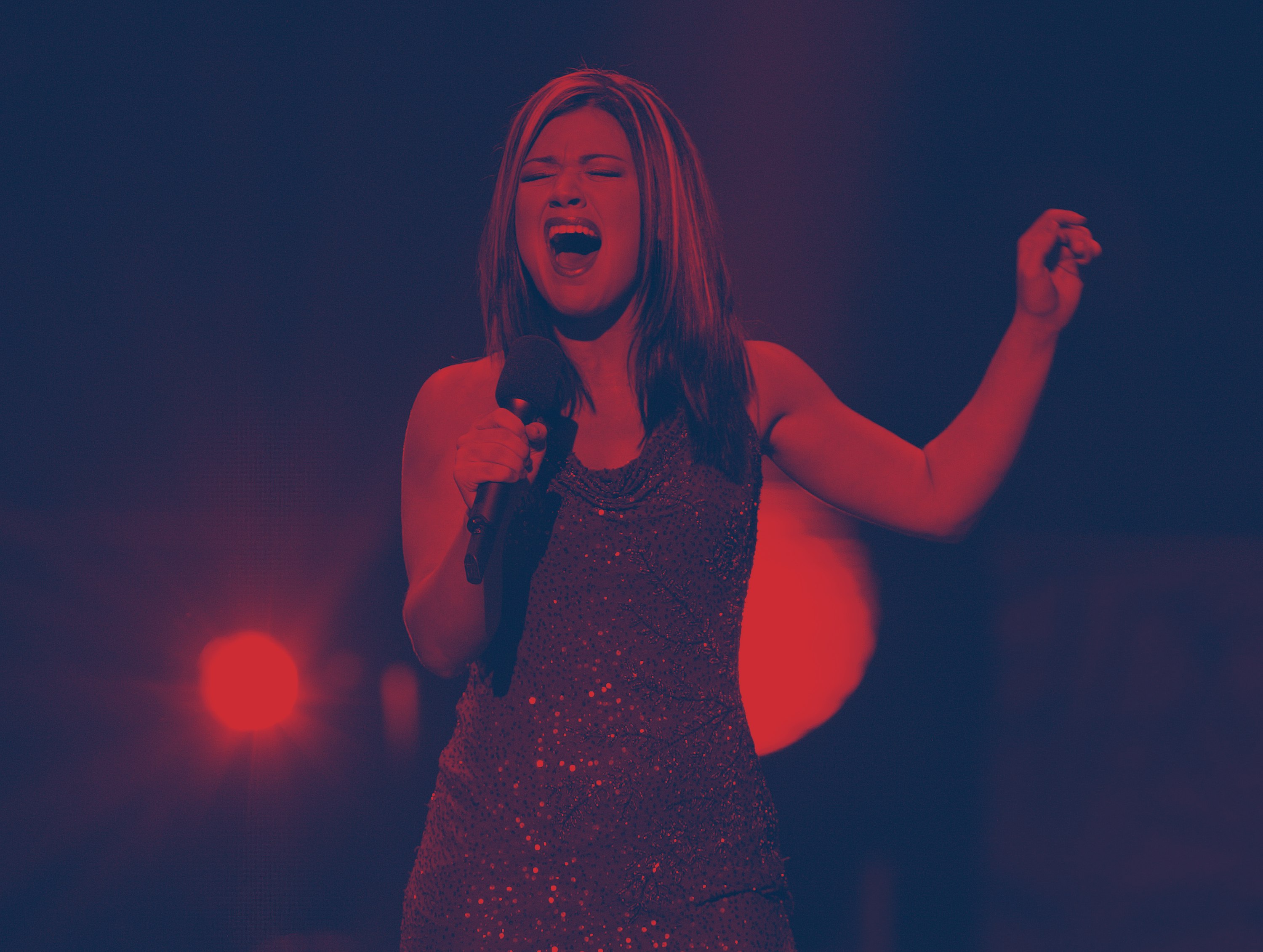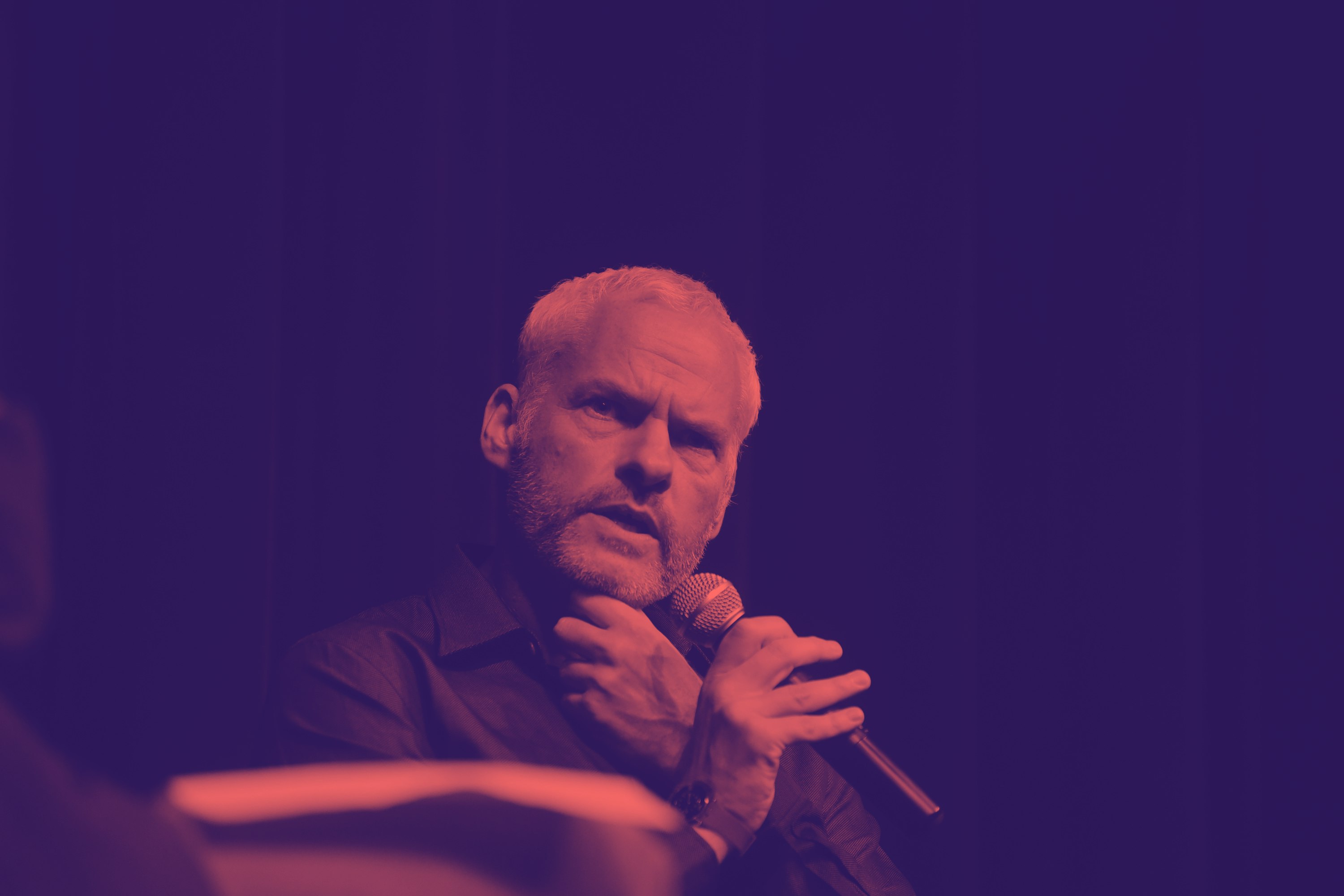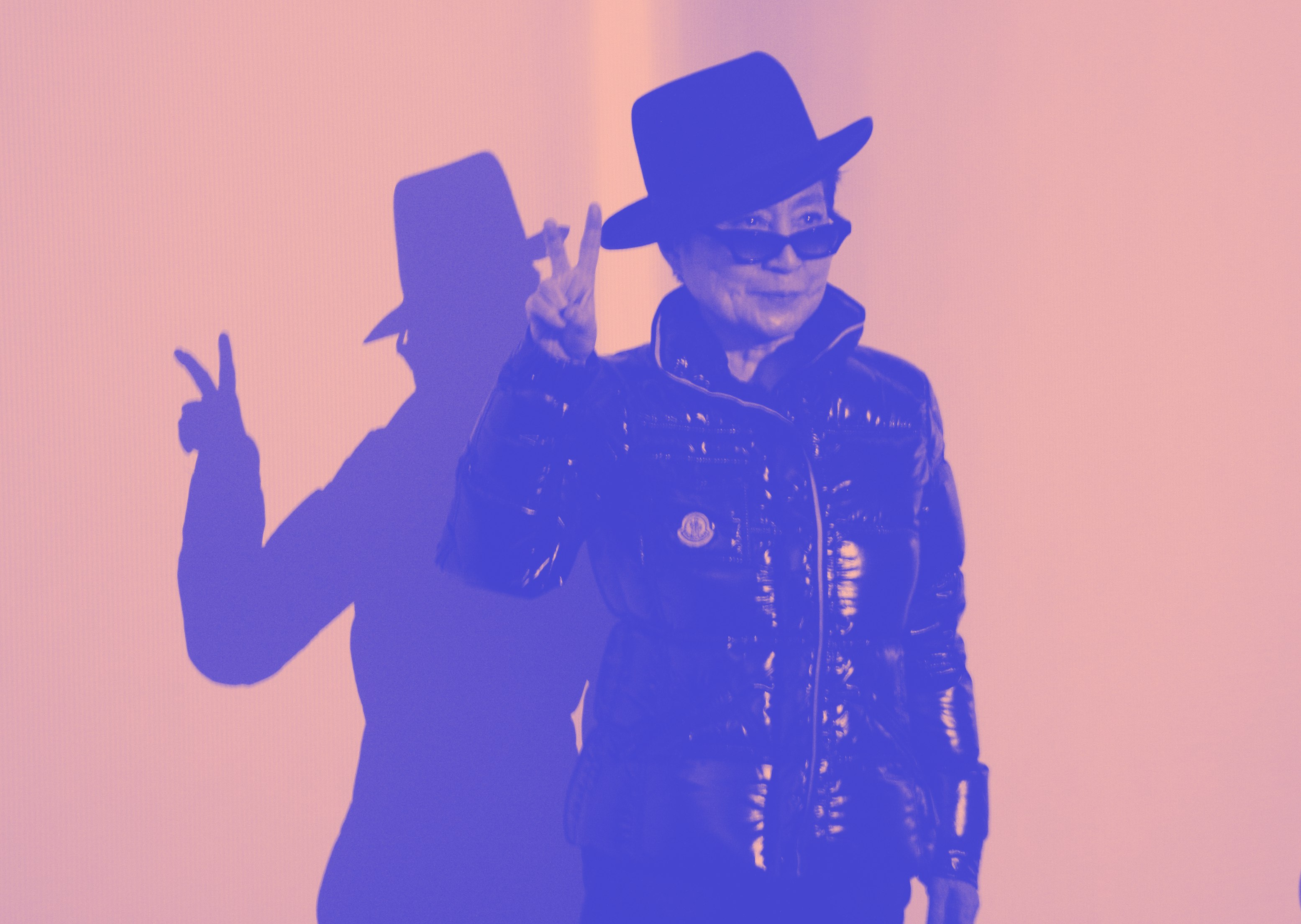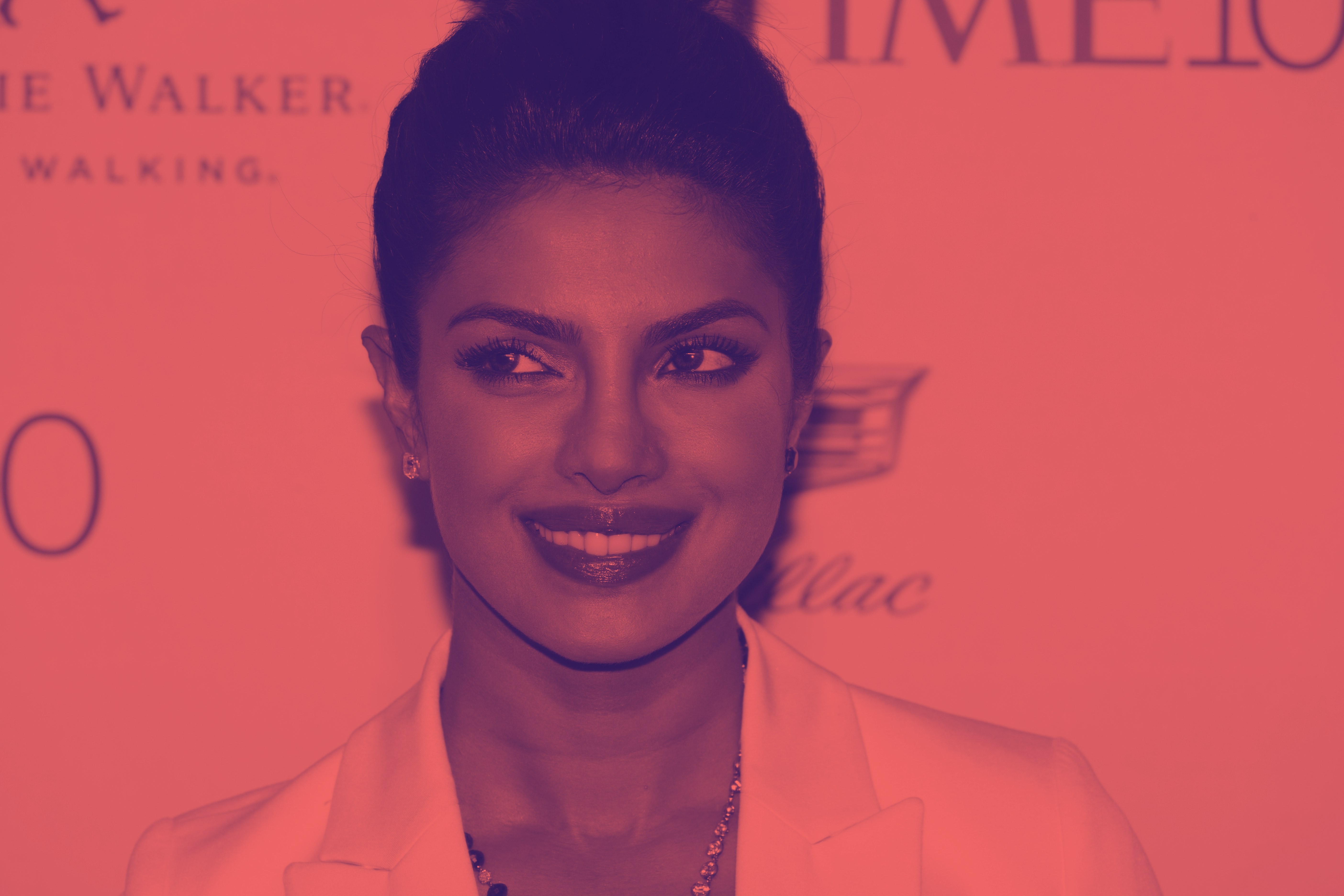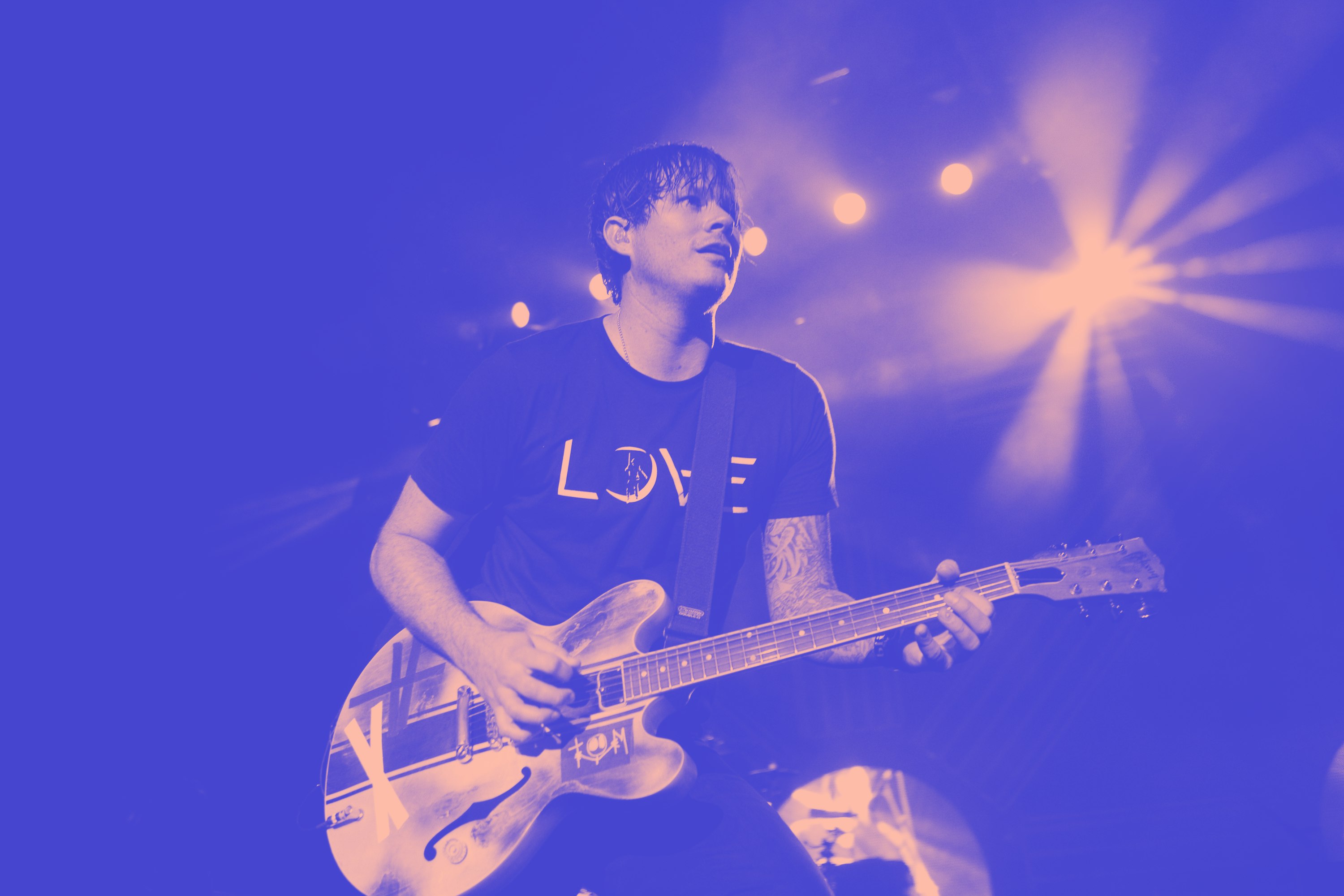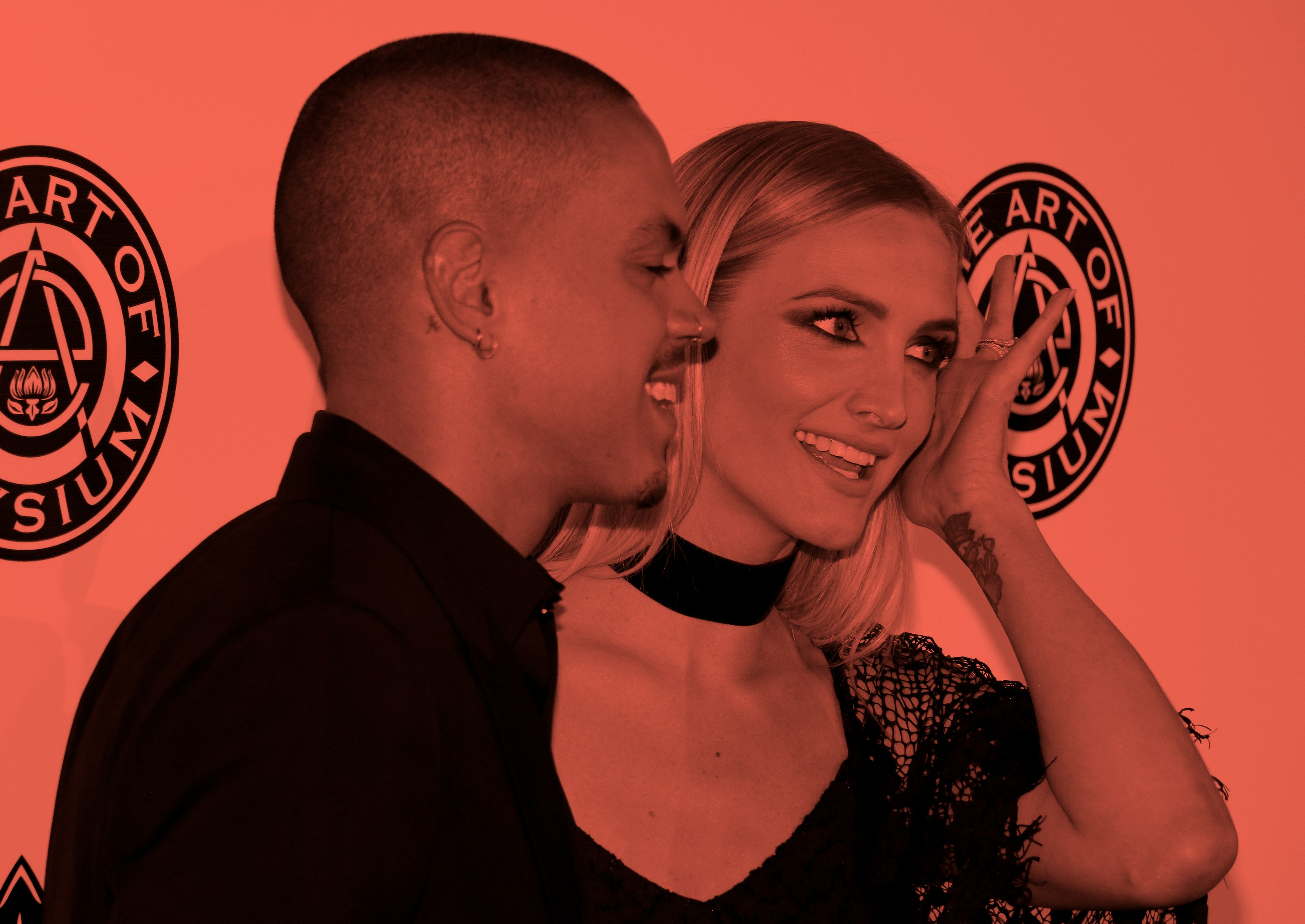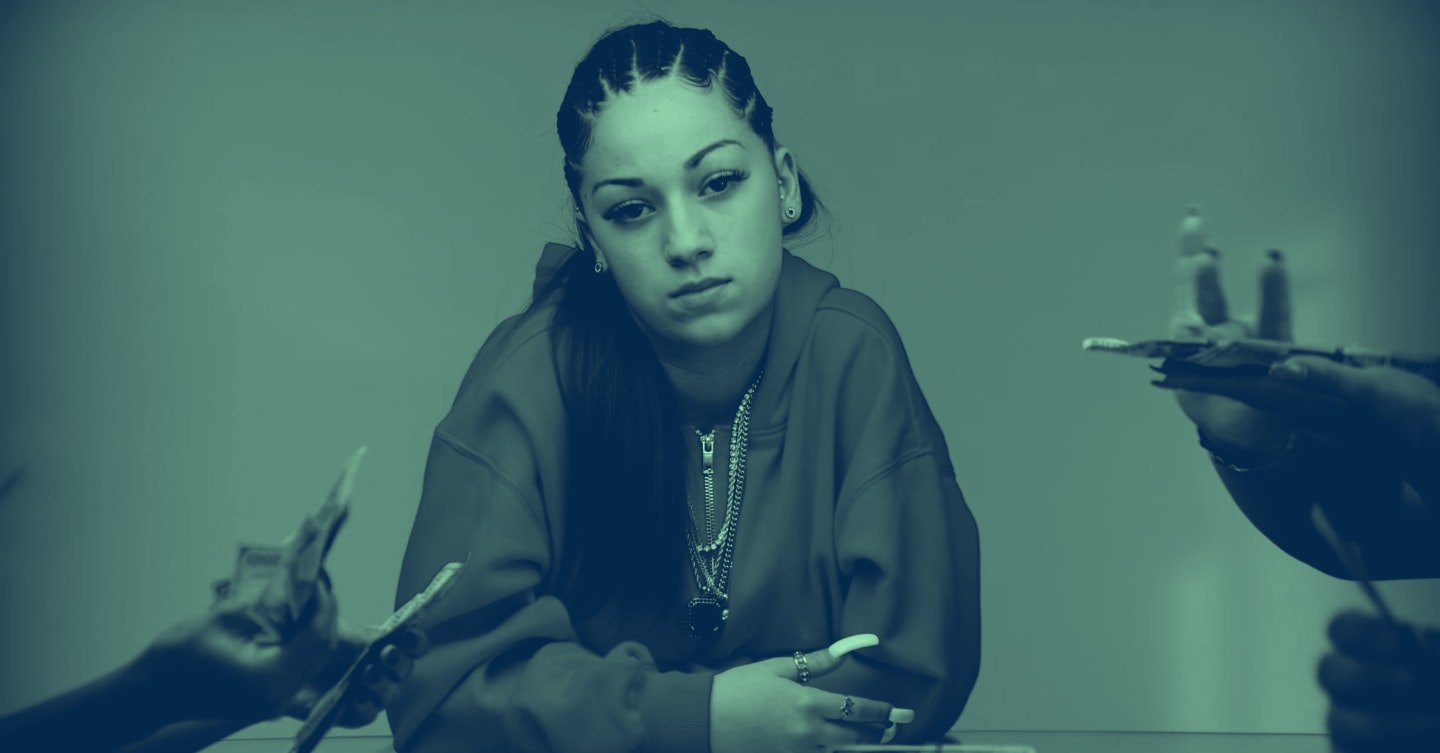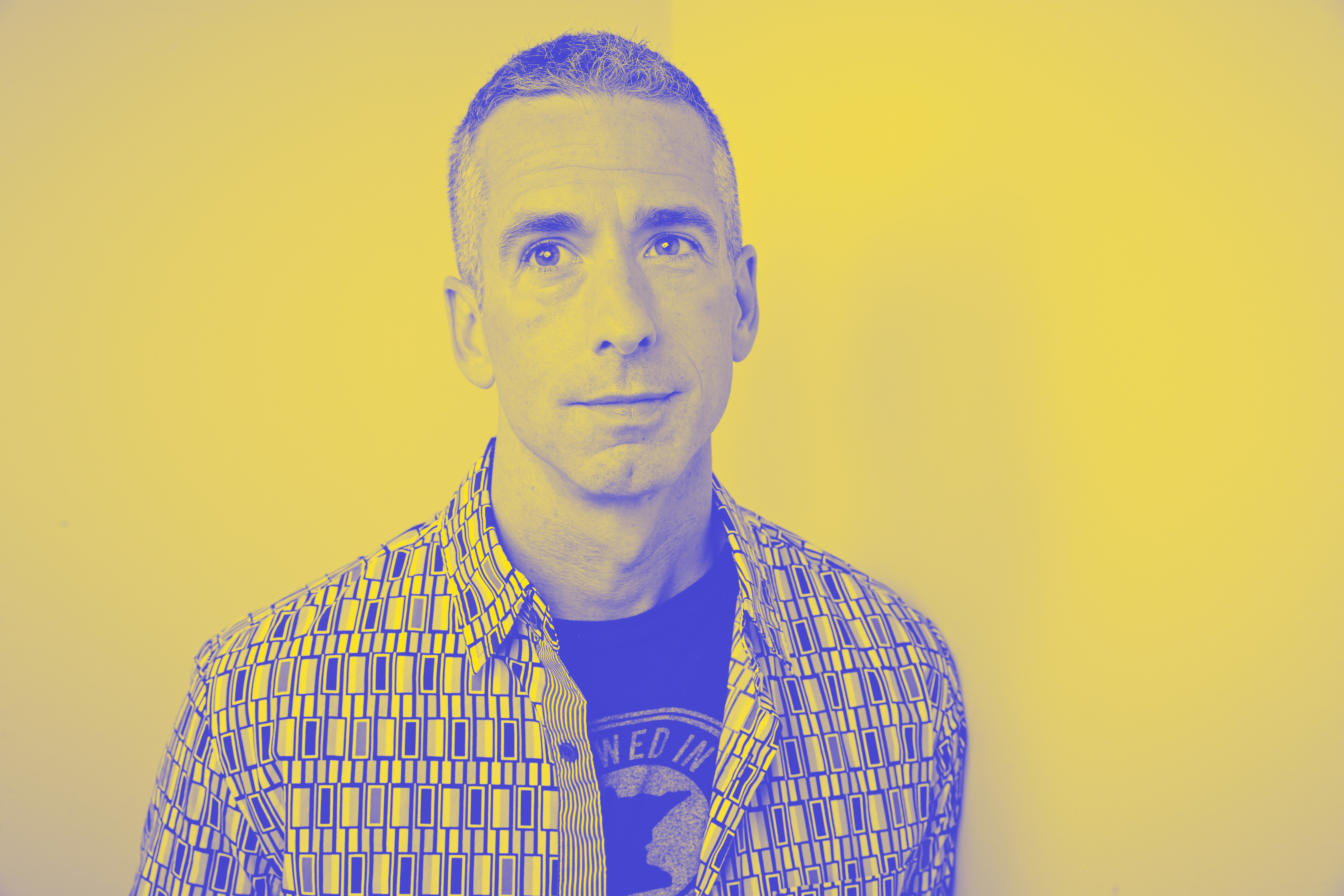Very Intriguing Person
is a series about people who fascinate us, for better or worse.
The permutations of Mickey Rourke’s career have been dramatic and unpredictable, his decision-making poor and self-destructive. He began as a promising young actor from the Method school, transitioned into a unique heartthrob of concentrated erotic energy, and then precipitously declined, downgrading from Hollywood stardom to an ill-advised career in professional boxing and too much plastic surgery, languishing in the wilderness for over a decade before the genuinely fine movie that would be hailed as a return to form. It has now been a decade since The Wrestler was released and lauded, and Rourke has since disappeared back into the trashy limited-release film ether, undergone increasingly grotesque facial reconstruction, and been caught saying things publicly that are — to put it mildly — jarringly out of step with contemporary culture.
But Rourke has always been a little bit out of step, even at the height of his career. In the mid-1980s, he cultivated his persona as a type of brooding leading man that owed much to Pacino or De Niro, but equally looked back to the 1950s, with his perennially pompadoured hair and penchant for white tee-shirts and blue jeans. Rourke was every inch the Irish-American blue-collar boy — lean, wounded, and an early adopter of hard-drinking, gambling, and pugilism. He grew up in Miami with a cruelly abusive stepfather, and sought ways to express his helplessness and rage however he could; a speed bag in a local youth club was the perfect outlet for his coiled anger. His claims that he won the Golden Gloves as a teen are disputed, but regardless, these habits — the urge to drink, to fight, to spiral — and hobbies would crop up again in Rourke’s life, often in the most nihilistic ways.
To see him in his early roles is to know that those demons were at least part of his appeal; his working-class bravado was underpinned by vulnerability. He seemed both masculine and feminine in the mold of most of the great screen idols — Rudolph Valentino, James Dean. Stardom demands actors to be broad enough for the audience’s projections, but also to be startlingly specific in their humanity. Mickey’s combination of the sensitively effeminate and the pointedly macho opened him up to all kinds of readings. Over the years, he has phoned it in and loused it up, and the quality of the films he’s starred in have ebbed and flowed. But when it’s right — as in Rumble Fish, Angel Heart, Diner, Barfly, The Pope of Greenwich Village — it’s very right.
The young Rourke was a soft-spoken hoodlum with a predilection for playing street kids, blue-collar gamblers and ‘50s throwbacks. In Barry Levinson’s teen hangout film Diner, set in working class ‘50s Baltimore, a bunch of boys sit around arguing about records, baseball, and girls. Rourke stood out in the role of Boogie, an ambition-free hairdresser who is constantly in deep gambling debts. His erratic but charming performance earned him buzz in Hollywood circles, and the following year Rourke had a major role in Rumble Fish, Francis Ford Coppola’s stunningly expressionistic black and white teen gang film. In another mid-century period piece, Rourke plays a semi-absent older brother known only as Motorcycle Boy. The name suits the role; he’s less a person than symbol of mythic Americana and fractured father-son relationships. In a film where petty gang skirmishes are given the scope of romantic tragedy, Motorcycle Boy is a monosyllabic Hamlet, a sweet and tender hooligan, a soft rebel ideal.
These two defining early features set him up as an almost archetypal teenager, and yet he never truly seemed like a teen. He was 31 when he played Motorcycle Boy, but he got away with it. His oddball playfulness never made him seem as solidly earthy as traditional leading men, yet his wry, wary features put him beyond awkward youth. Rourke would go on to play a version of a counterculture icon in Barfly, where his copycat Charles Bukowski was one the man himself could get behind. Even when Rourke is overacting, his magnetism is overwhelming. It’s not hard to believe he’s woken up hungover on a dingy mattress, surrounded by heaped ashtrays; that he’s hopped over the local bar for a beer and tumbled into a fight in his crumpled overcoat.
By the end of the ‘80s — particularly after 9 ½ Weeks (1986) — Rourke had a stalwart reputation as a male pin-up. Still, this increasingly opened him up to jabs at his artistic credibility. That classic false dichotomy between serious talent and frivolous dreamboat dogged Rourke, and seemed — along with a string of DUI’s, drug and drink addictions, public scandals — to encourage him to rethink his career. As he has willingly admitted in many interviews, he began to burn his bridges in the film world, becoming a nightmare to work with and constantly flying off the handle. By 1994, Rourke announced to a baffled public that he was taking up a career as a professional middleweight boxer at the age of 42. After five years and eleven fights, he left boxing with several broken bones in his face, including his nose and his cheekbone, along with permanent nerve damage in his hands and some memory loss. More controversially, he said the artform he had studied so fastidiously at the Actor’s Studio was “for sissies” — though after undergoing numerous facial reconstruction surgeries, which bloated him into a real-life Johnny Dangerous, he would finally return to cinema.
In the burst of profiles and career reappraisals that came out a decade ago, on the heels of Darren Aronofsky’s The Wrestler, the ‘comeback’ narrative was thrown around constantly. Finally, here was a reborn Mickey, not exactly the same person as before, but carrying those previous selves around with him for a masterful late-career performance. The Wrestler is a a work which used Rourke’s broken-down features and bulked-up physicality to his benefit, and which revealed the exploitation of the most showbiz-oriented of organized sports. It married the concerns around masculinity, physicality, and athletics that seemed to haunt so much of Rourke’s career. Art mirroring life or not, Rourke’s performance is an astounding one, full of the kind of deeply-felt hurt that seems to leave a residue on the viewer once the credits roll.
A lot has been lost amid eccentric TV appearances and TMZ-reported plastic surgeries, his vulgar tirades and obsession with chihuahuas.
In some ways, Rourke’s later trajectory is reminiscent of golden-age Hollywood beauties like Marilyn Monroe or Lana Turner, who couldn’t exactly conform to what the industry demanded of them. If they did manage to survive into later life, these women fought off the aging process to sometimes disastrous results, unable to readjust to their new physical limitations. They were left baffled by a world that has largely lost its use for them. That seems to be where Rourke is now, at 62 years old. Other actors of his background, type, and age are still prolific, even celebrated. But he is barely in the news, unless it’s a tabloid story about his freakish gym body; the press often treats him like an aging female sex symbol, unlike his contemporaries.
The 71-year-old Sylvester Stallone or the 68-year-old Richard Gere — sex symbols of their time — are afforded a modicum of respect not given to Rourke. The result of all this is impossibly weird; one of those “only in Hollywood” tales full of scuzziness and sensationalism that feels difficult to reconcile with such a lively talent. A lot has been lost amid eccentric TV appearances and TMZ-reported plastic surgeries, his vulgar tirades and obsession with chihuahuas. It may be easy to forget that the man worked with Michael Cimino, Steven Spielberg, Francis Ford Coppola, Barry Levinson, and Nicolas Roeg, among others.
It’s tempting to imagine what might have happened if Rourke’s own self-destructive tendencies had not prevented him from continuing in that vein, if he had taken excellent roles offered to him in Rain Man or Pulp Fiction. But his goodwill after The Wrestler was not maintained; populist roles in movies like Iron Man 2, The Expendables, and the Sin City sequel failed to bring him much traction. Sadly, 10 years after his supposed “comeback,” Mickey Rourke’s career does not reflect the sort of luminous charisma that once stopped a generation in their tracks.
Still, it’s nice for viewers like me to distract ourselves with his earlier work. No one watching them at the time could have guessed at the bizarre events to follow, but in retrospect there’s some romantic tragedy to be found. It’s strange to feel such pleasurable melancholy for the young incarnation of a man still alive and well, but watching Rourke in Rumble Fish or Angel Heart is like looking at a different person. All the potential is there, for anyone to see.
